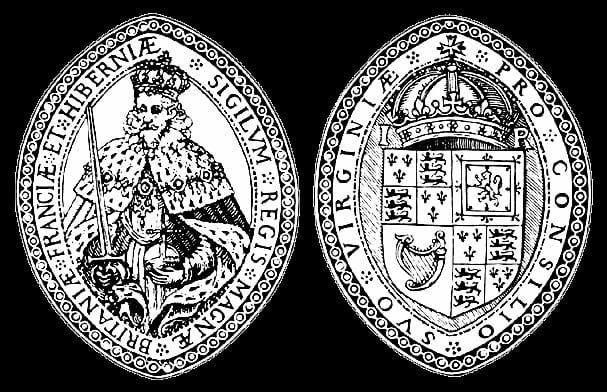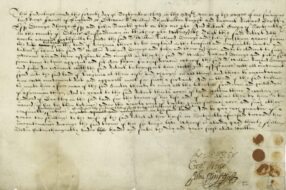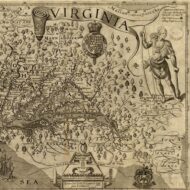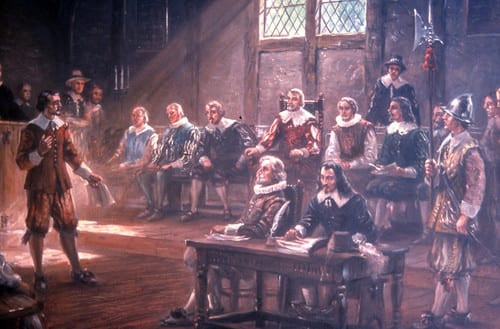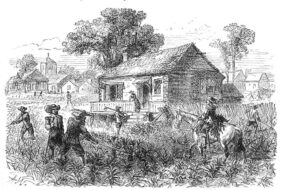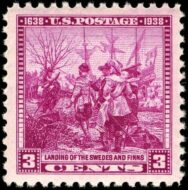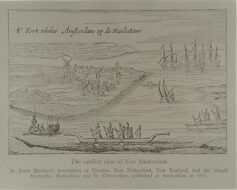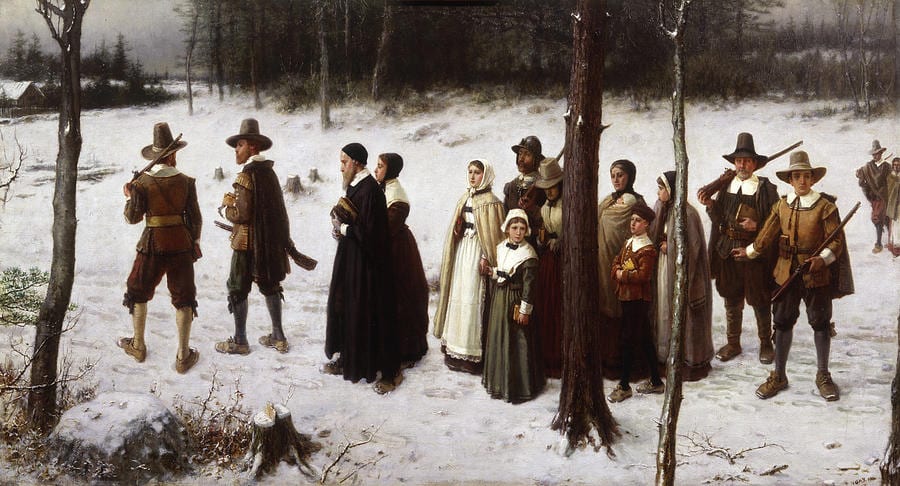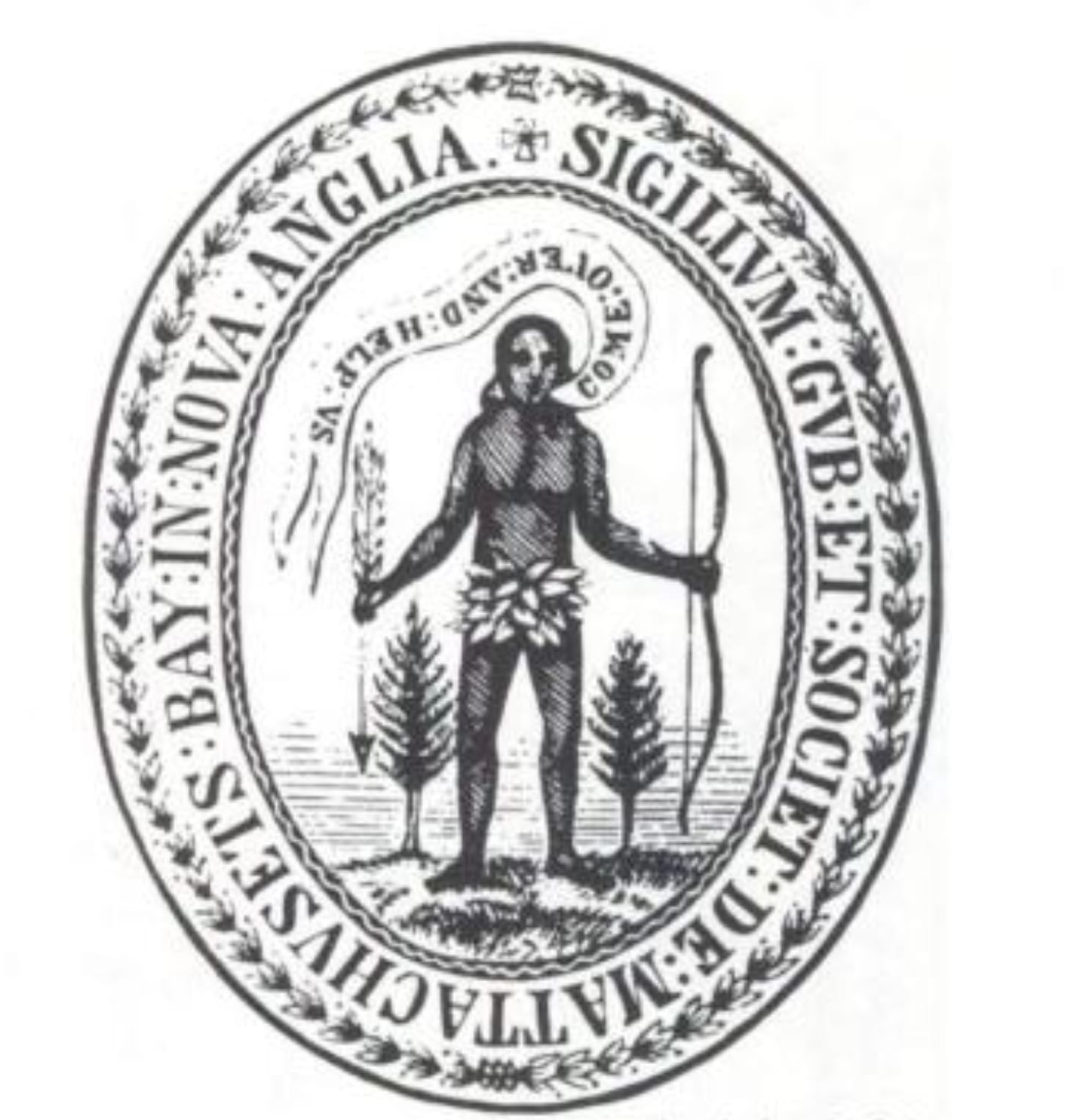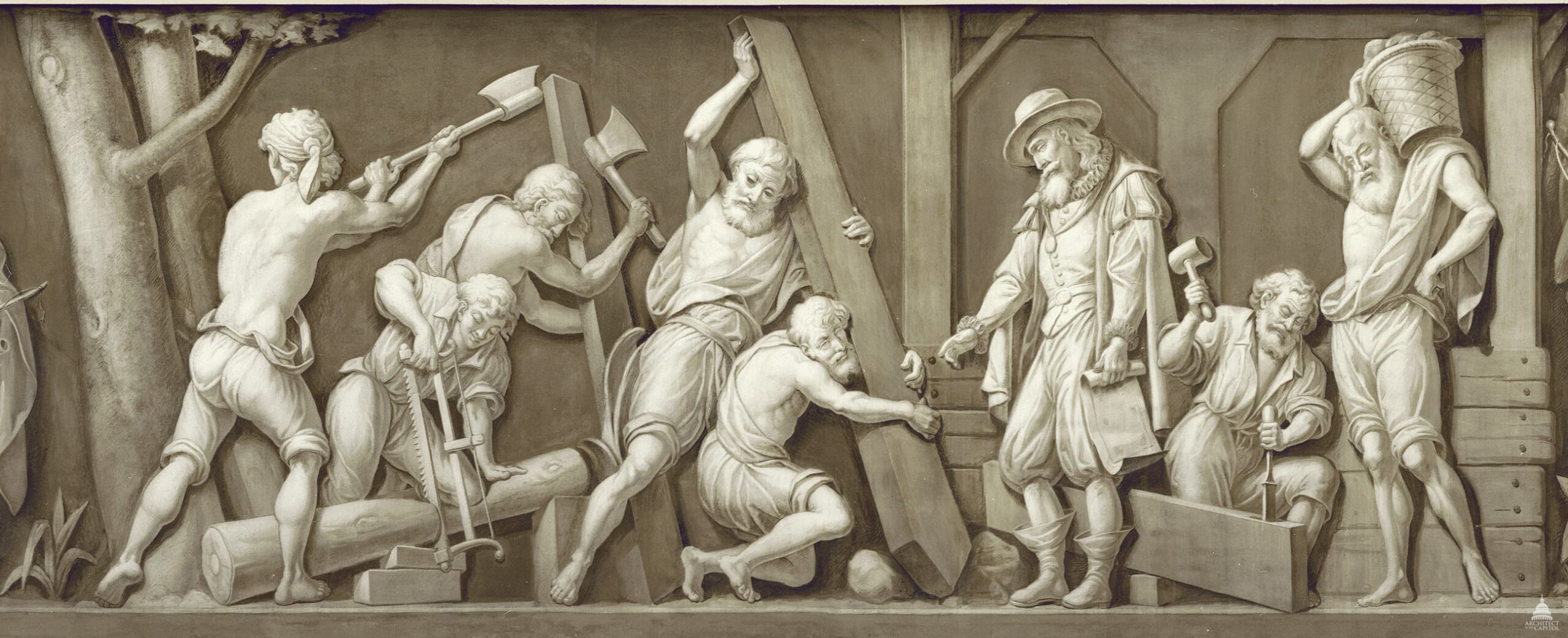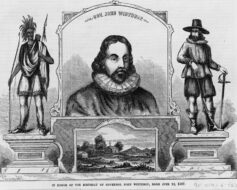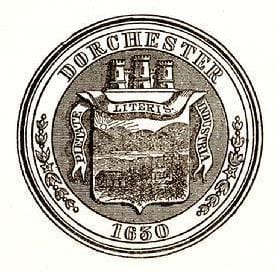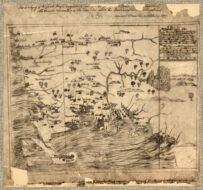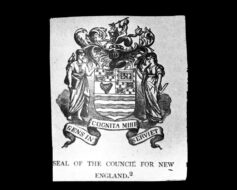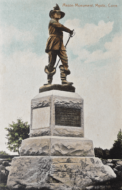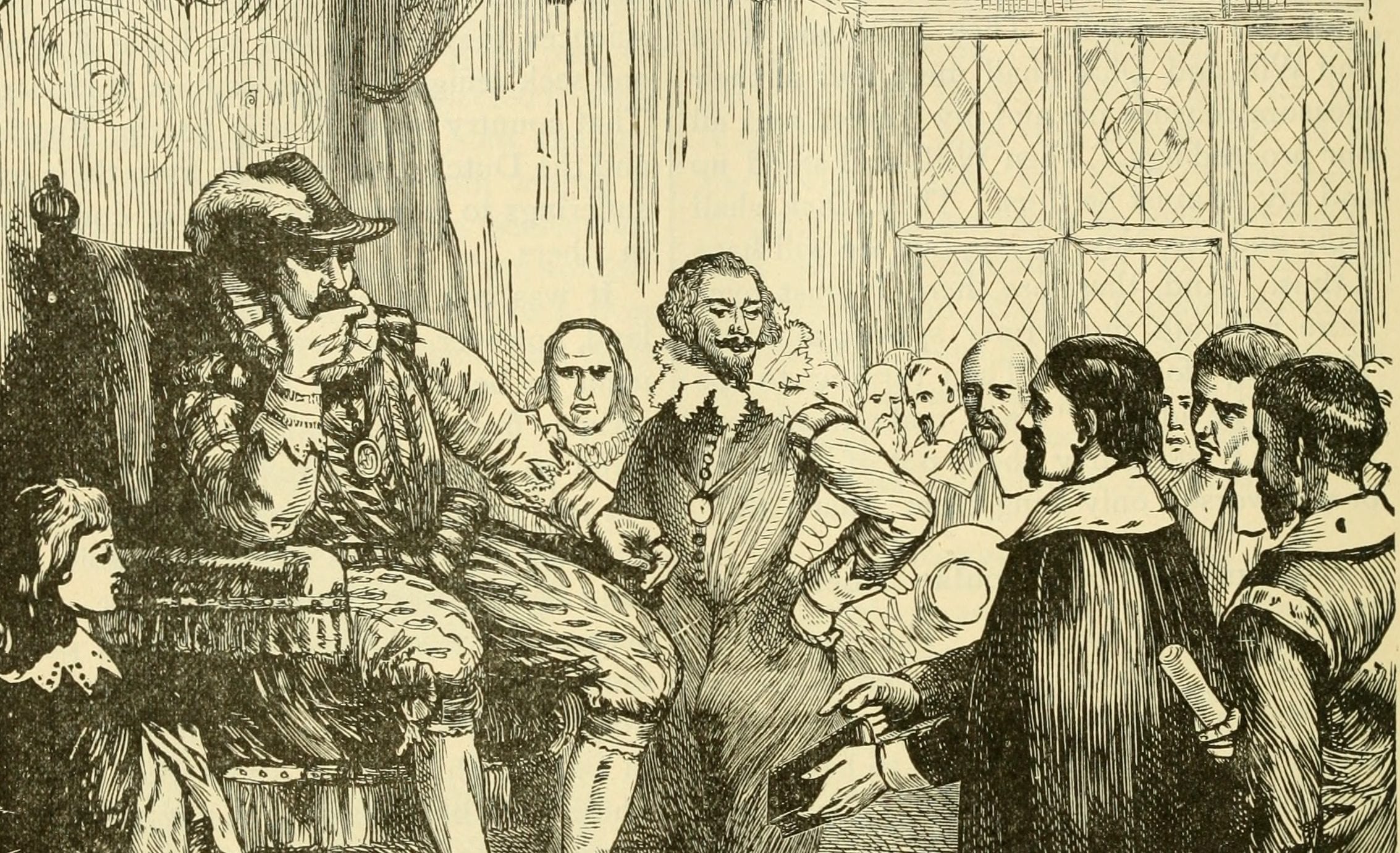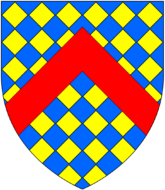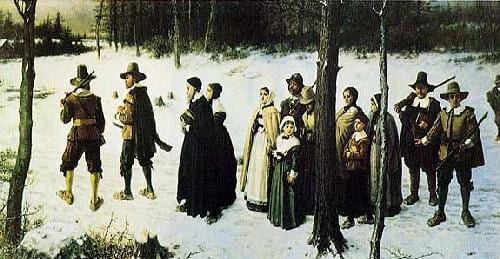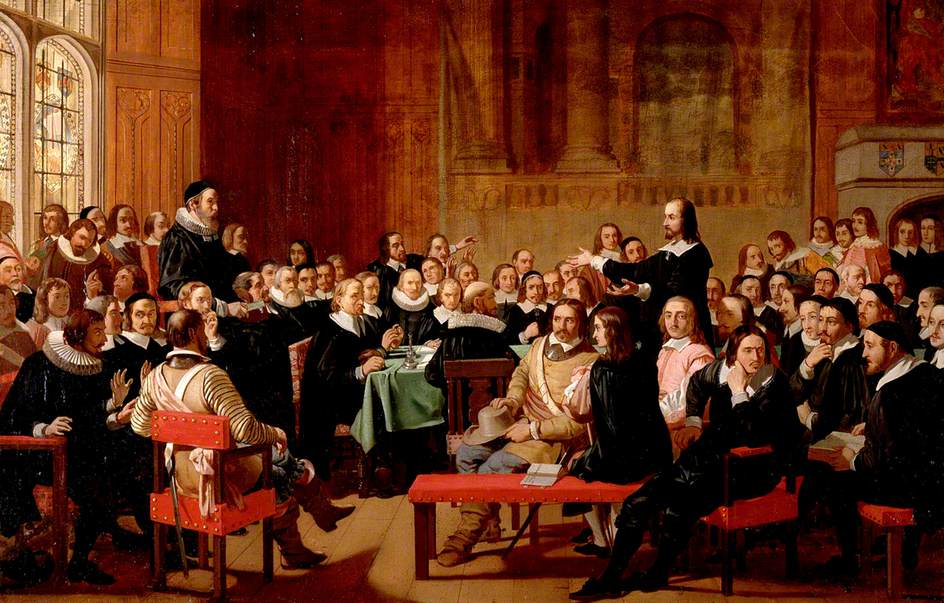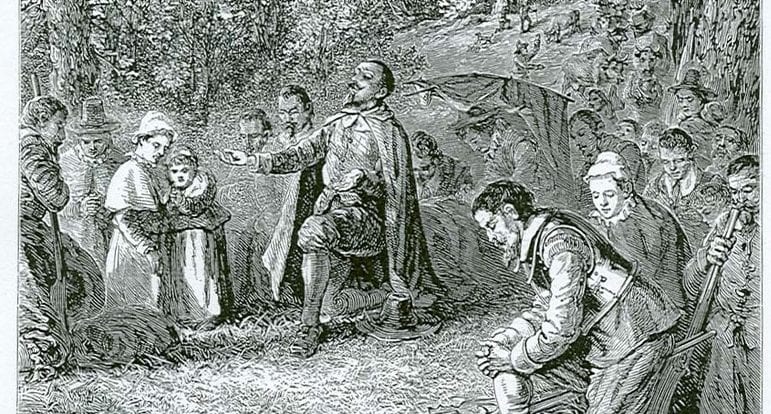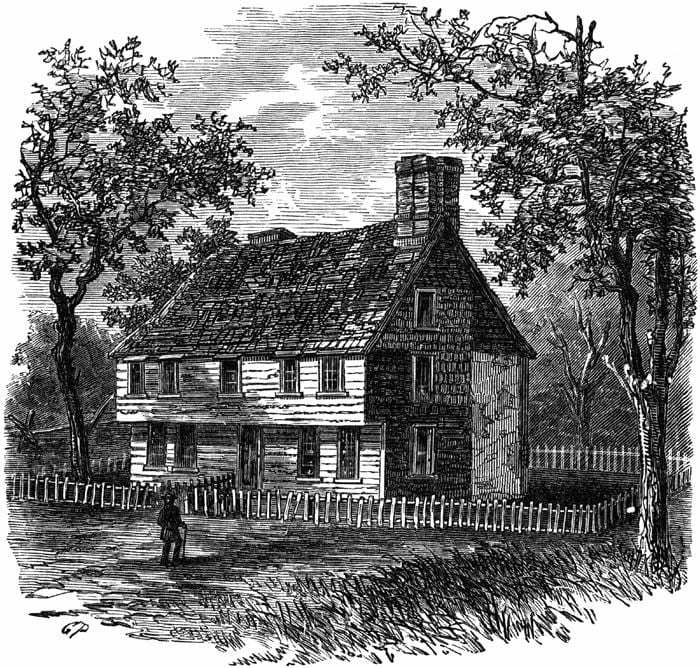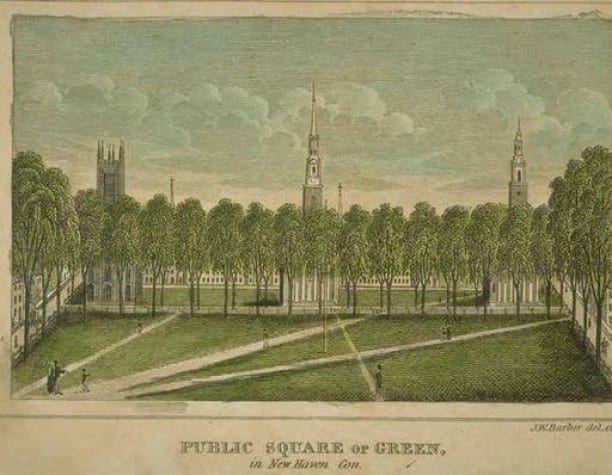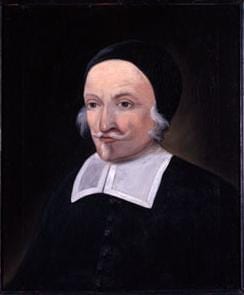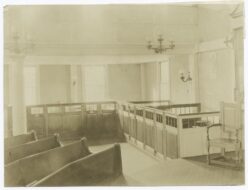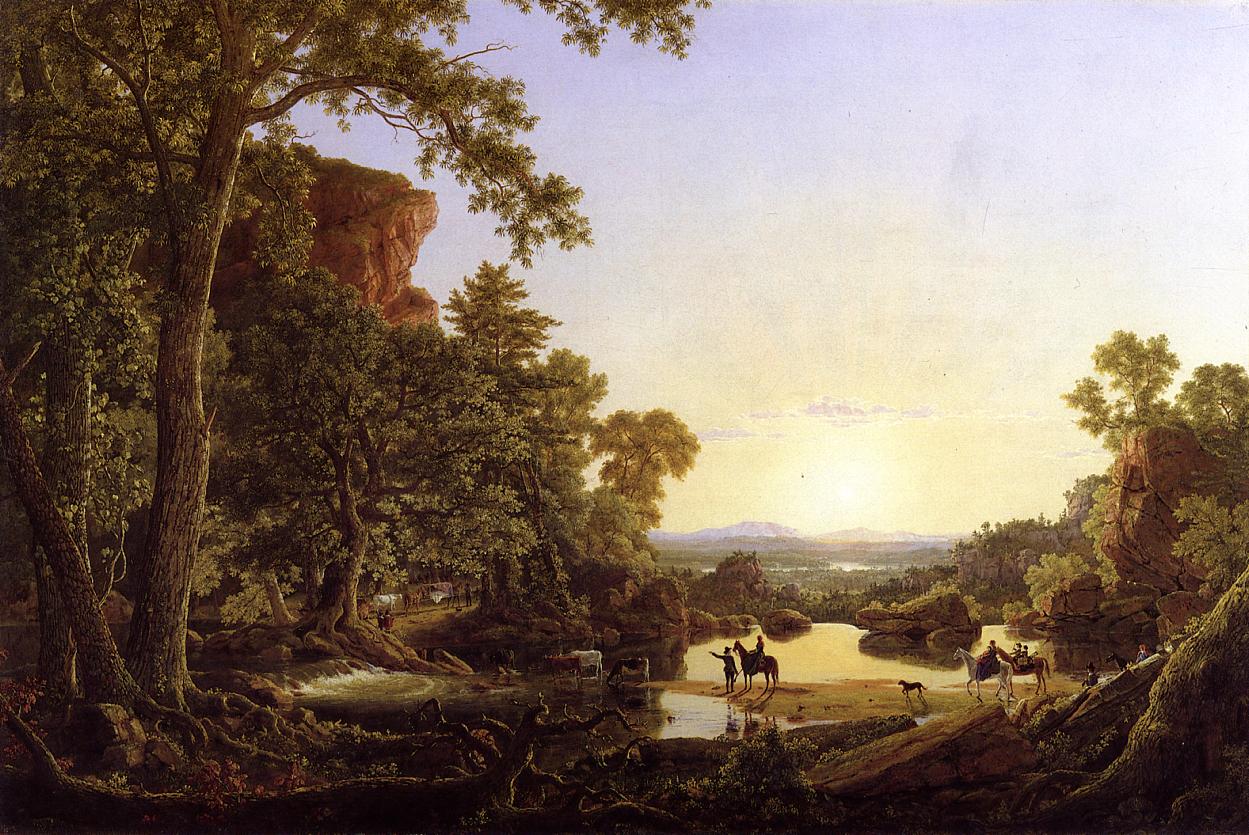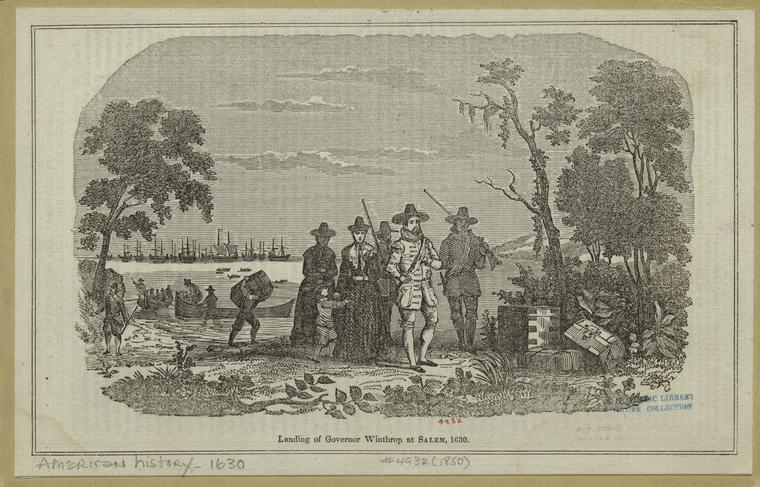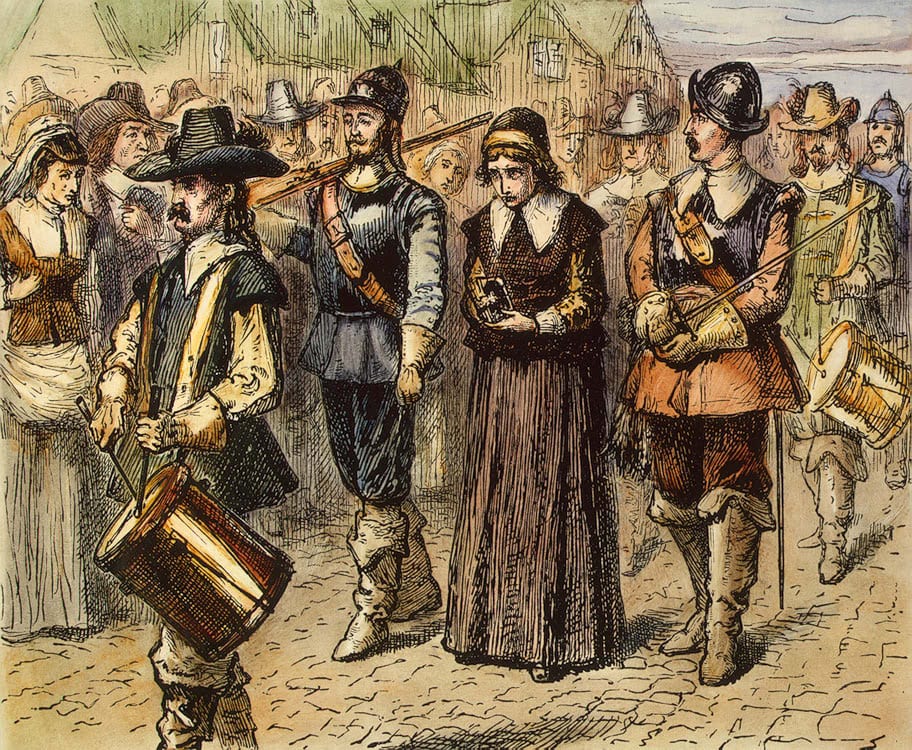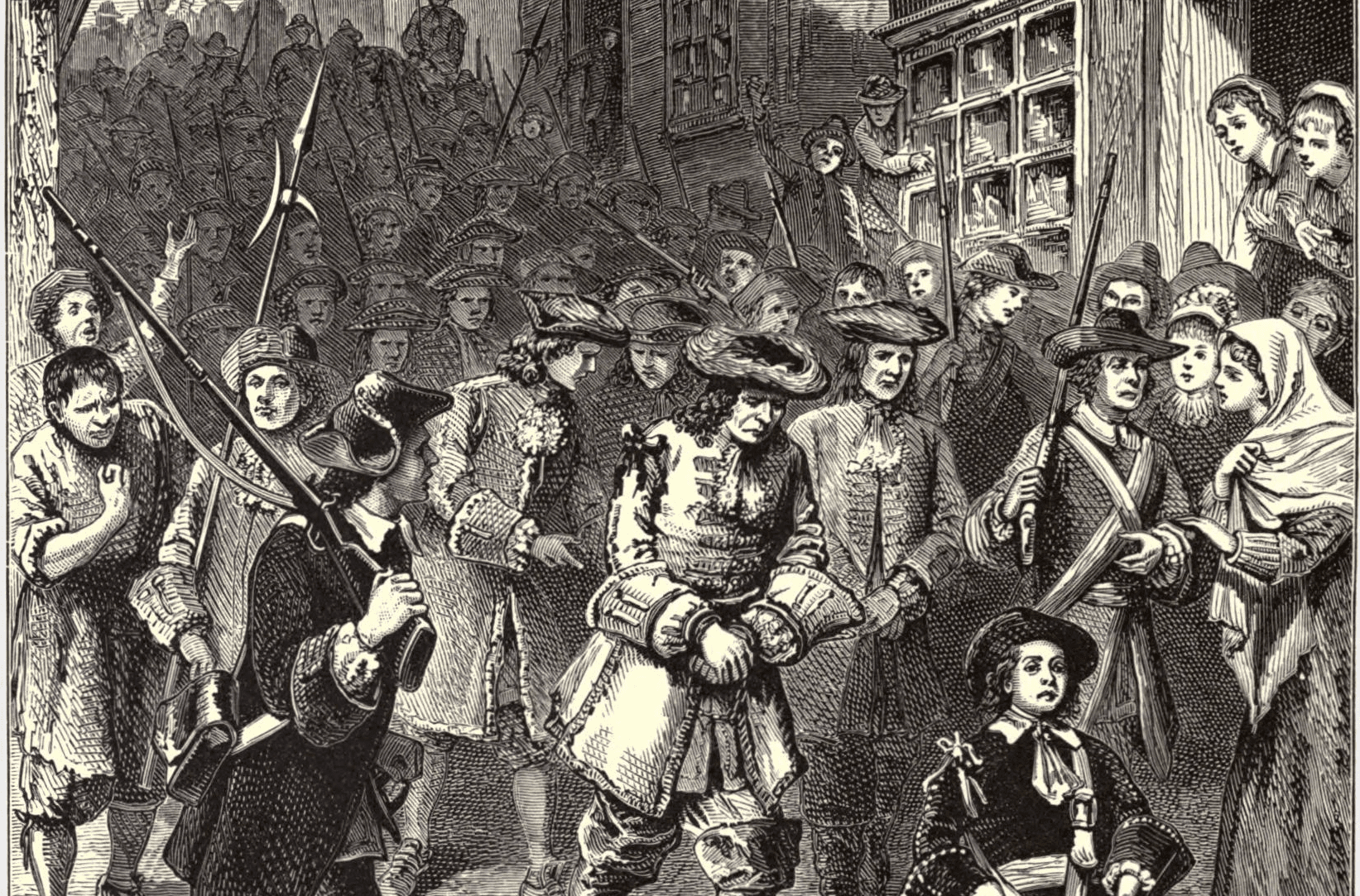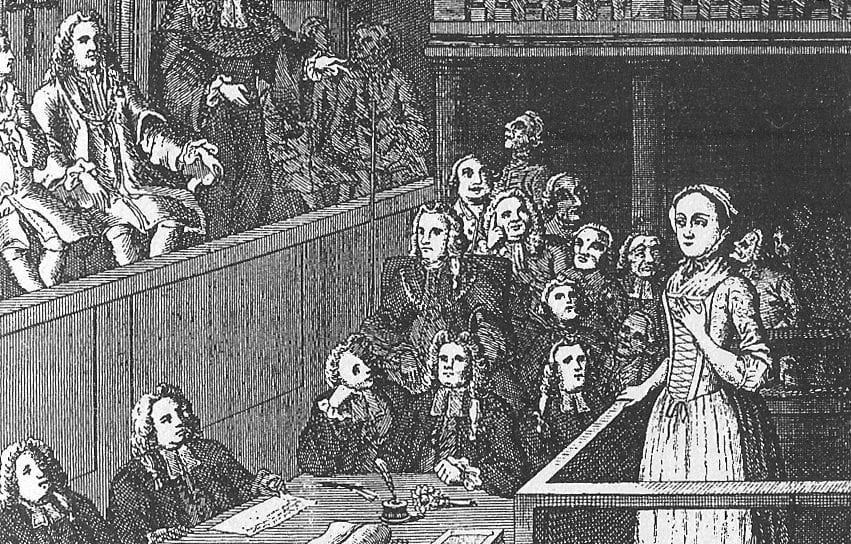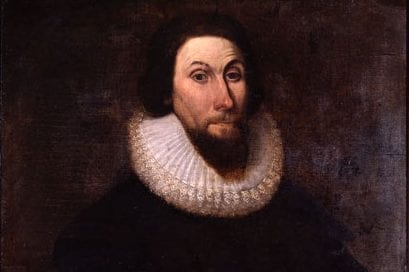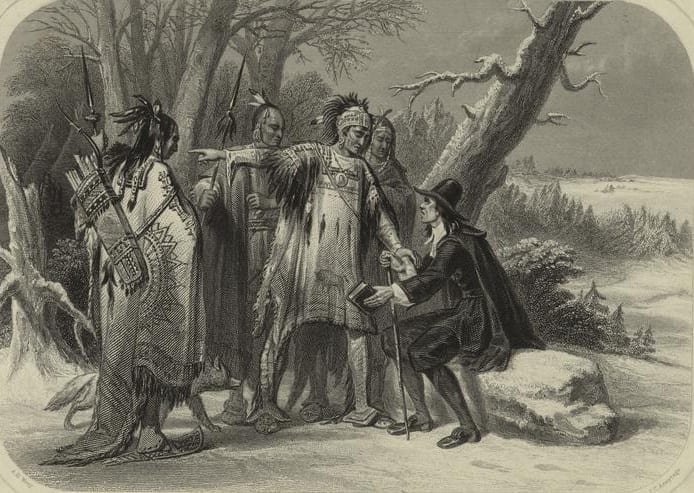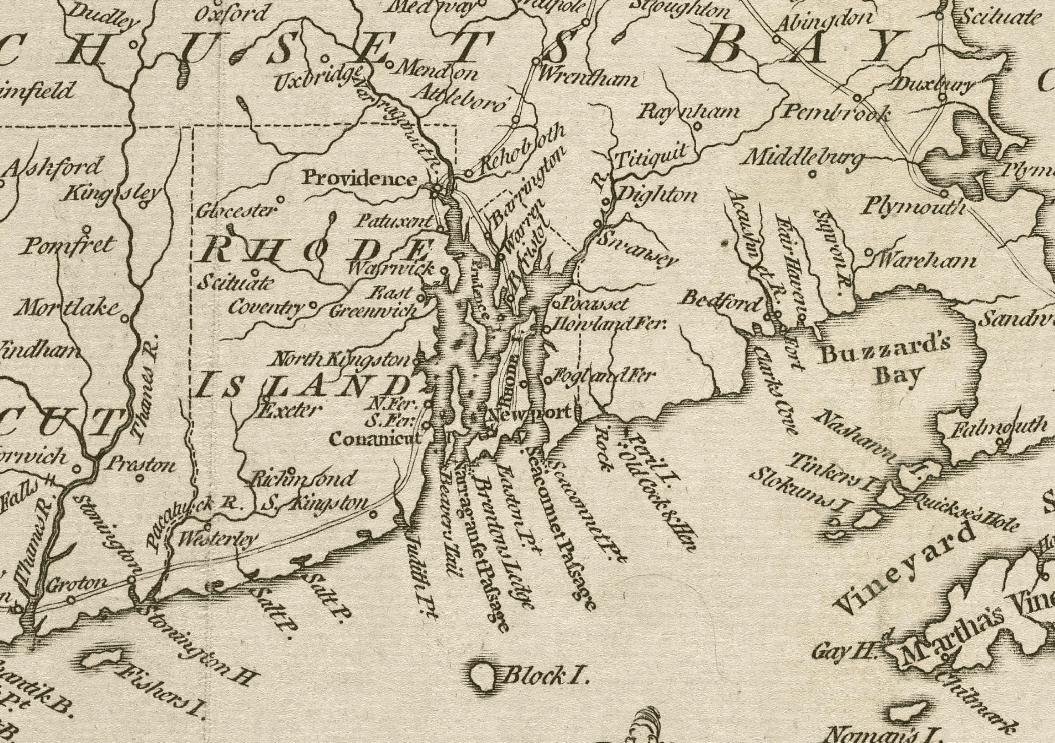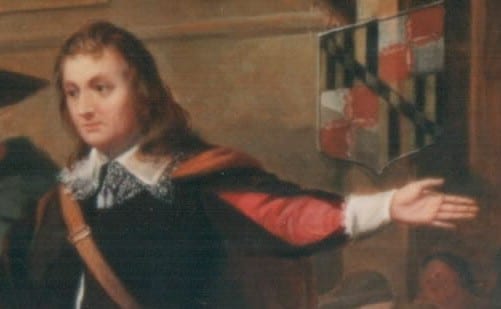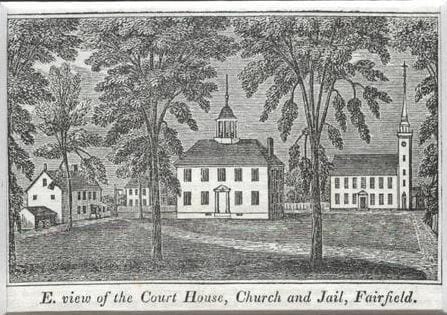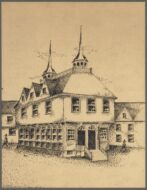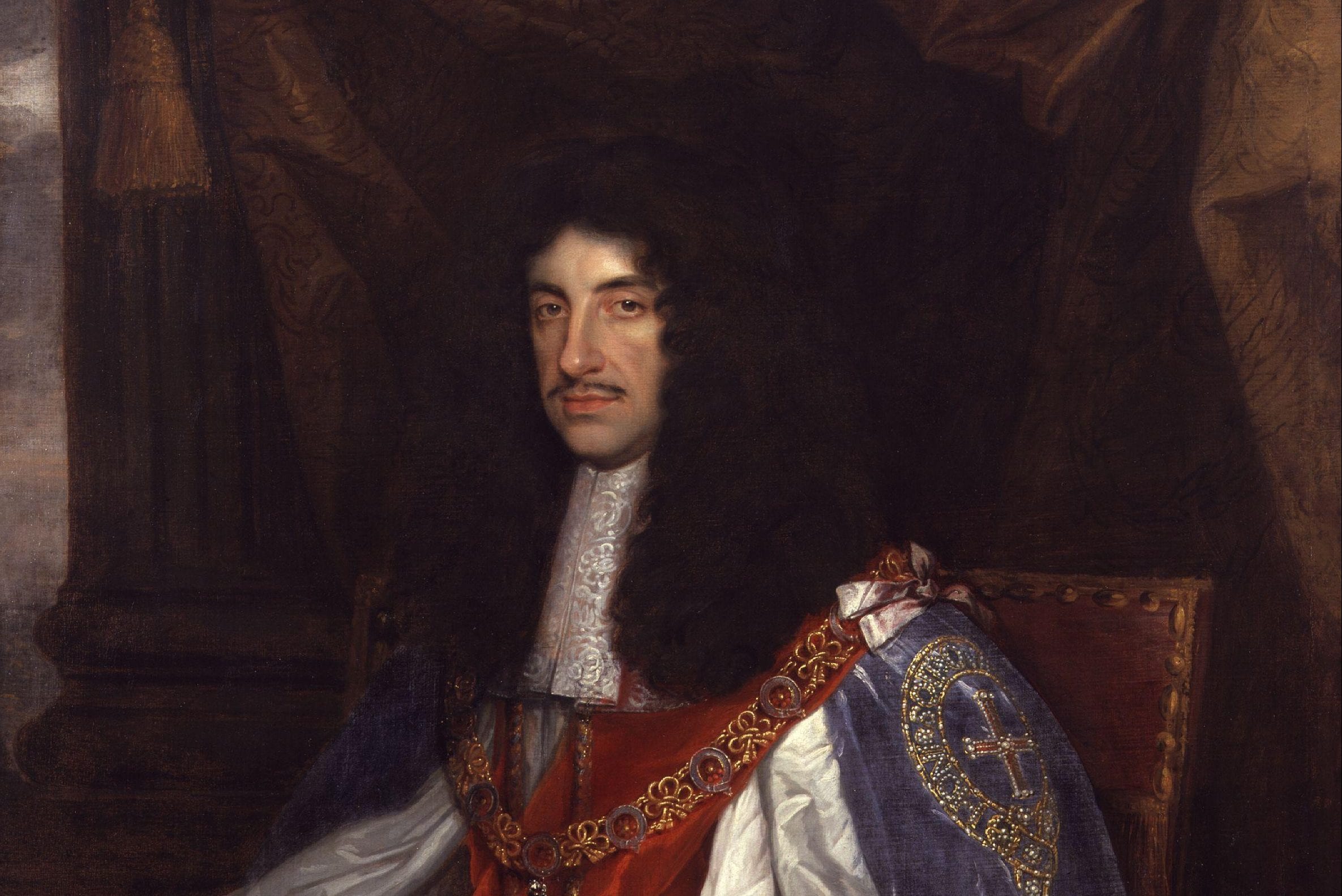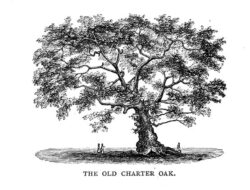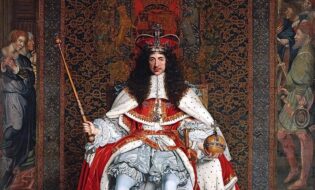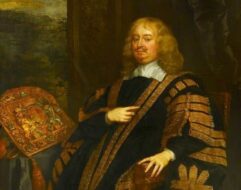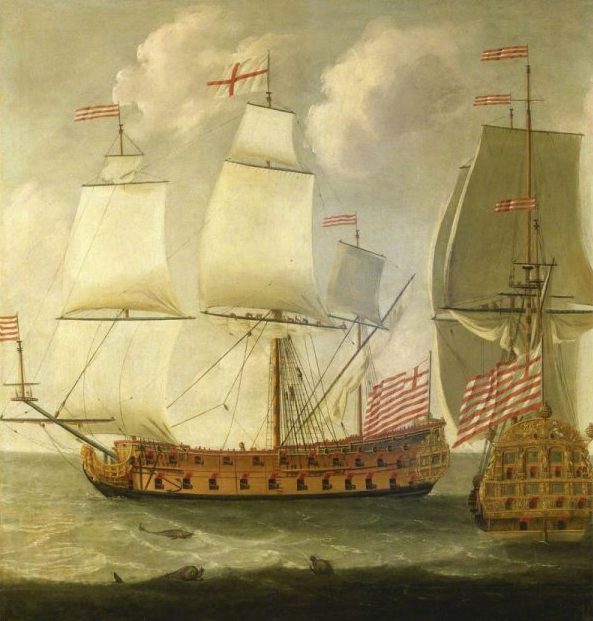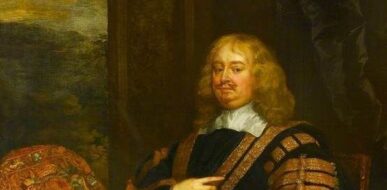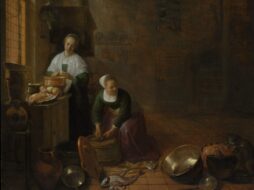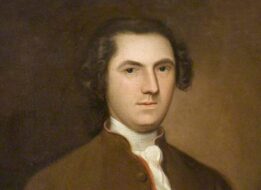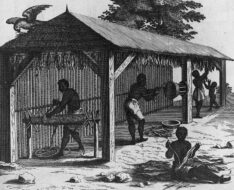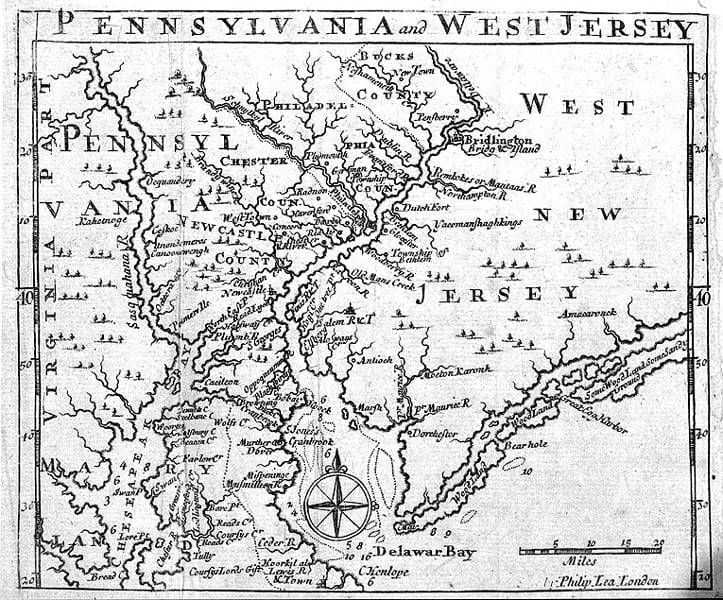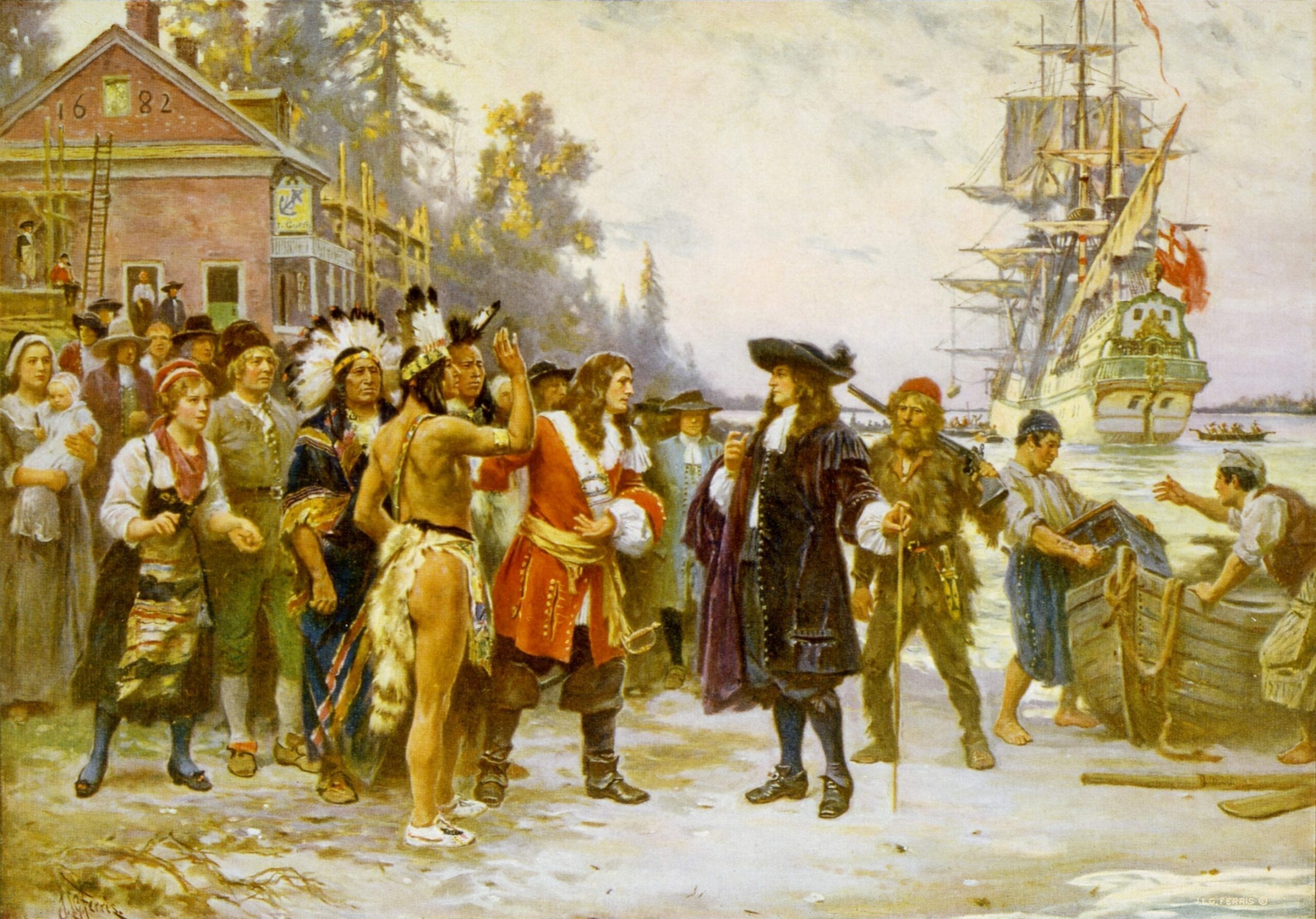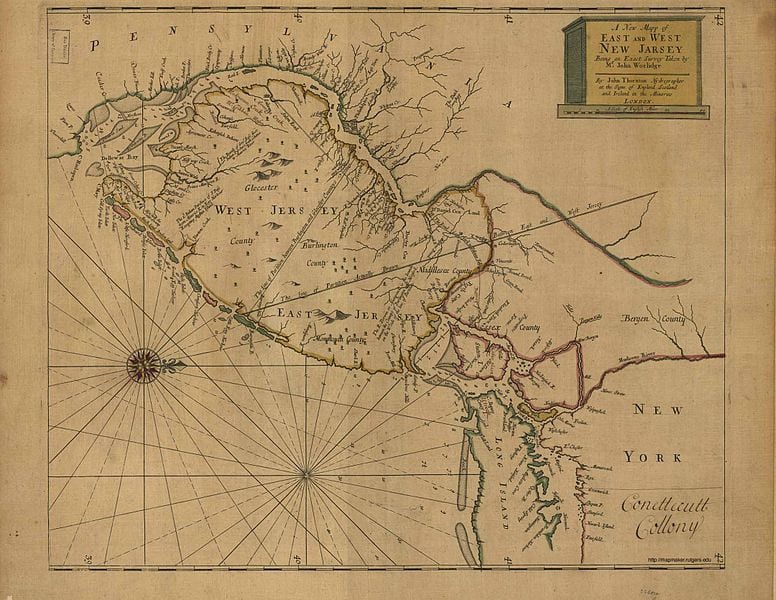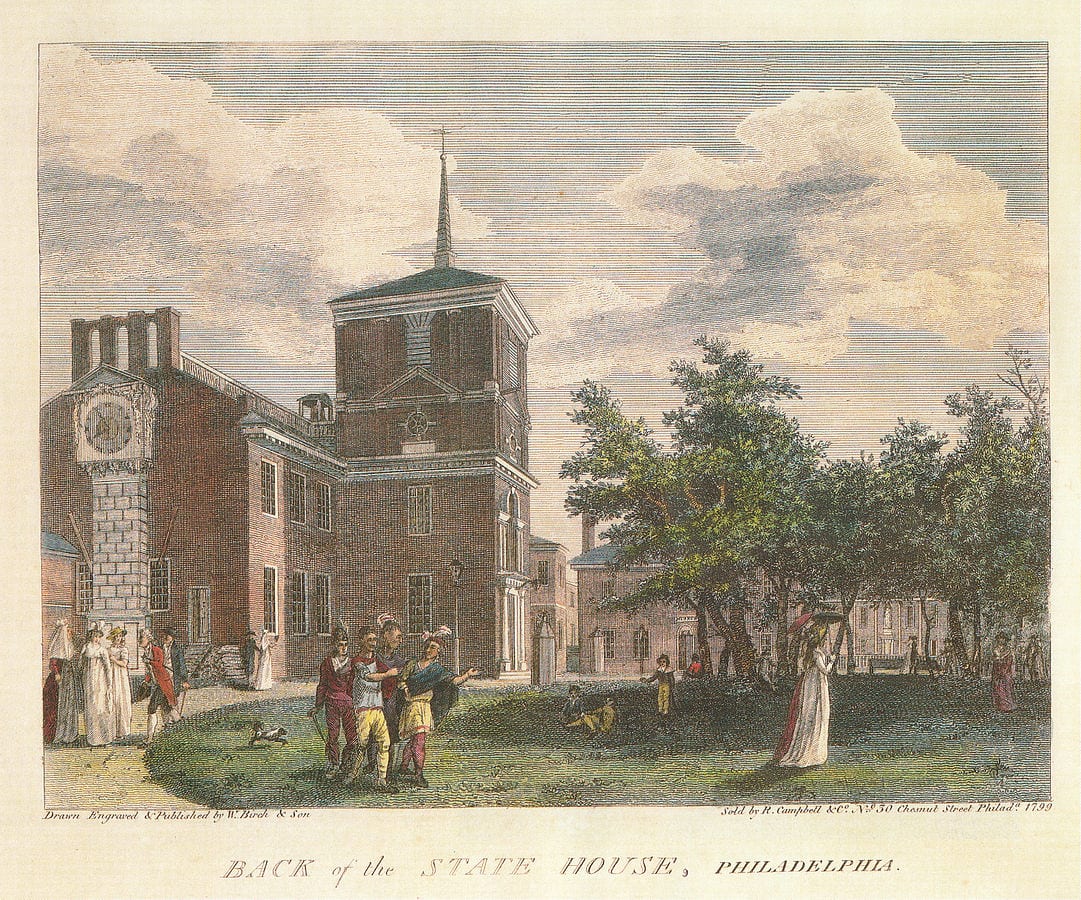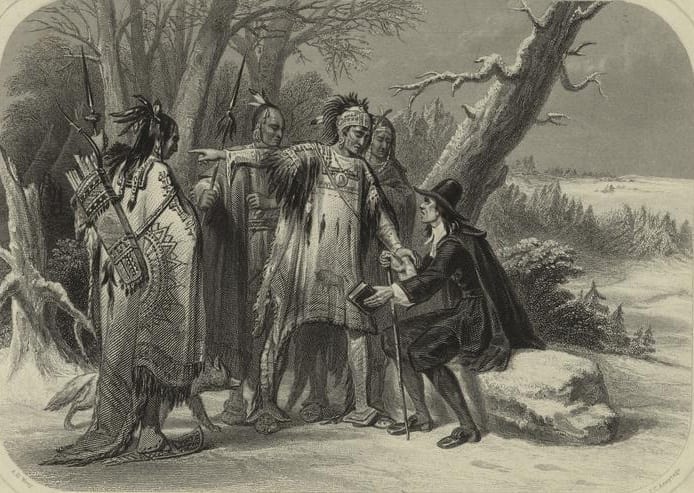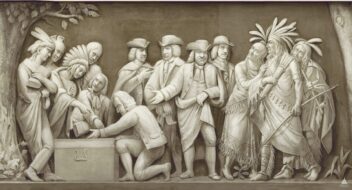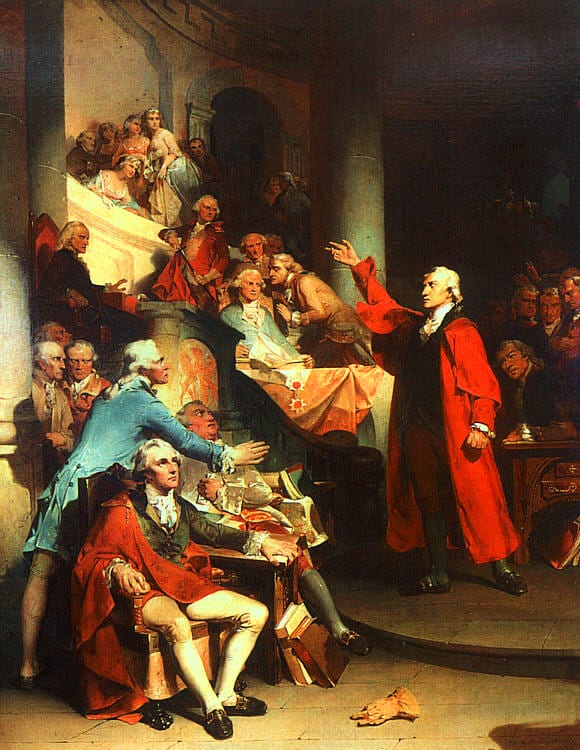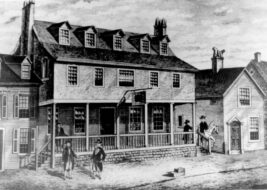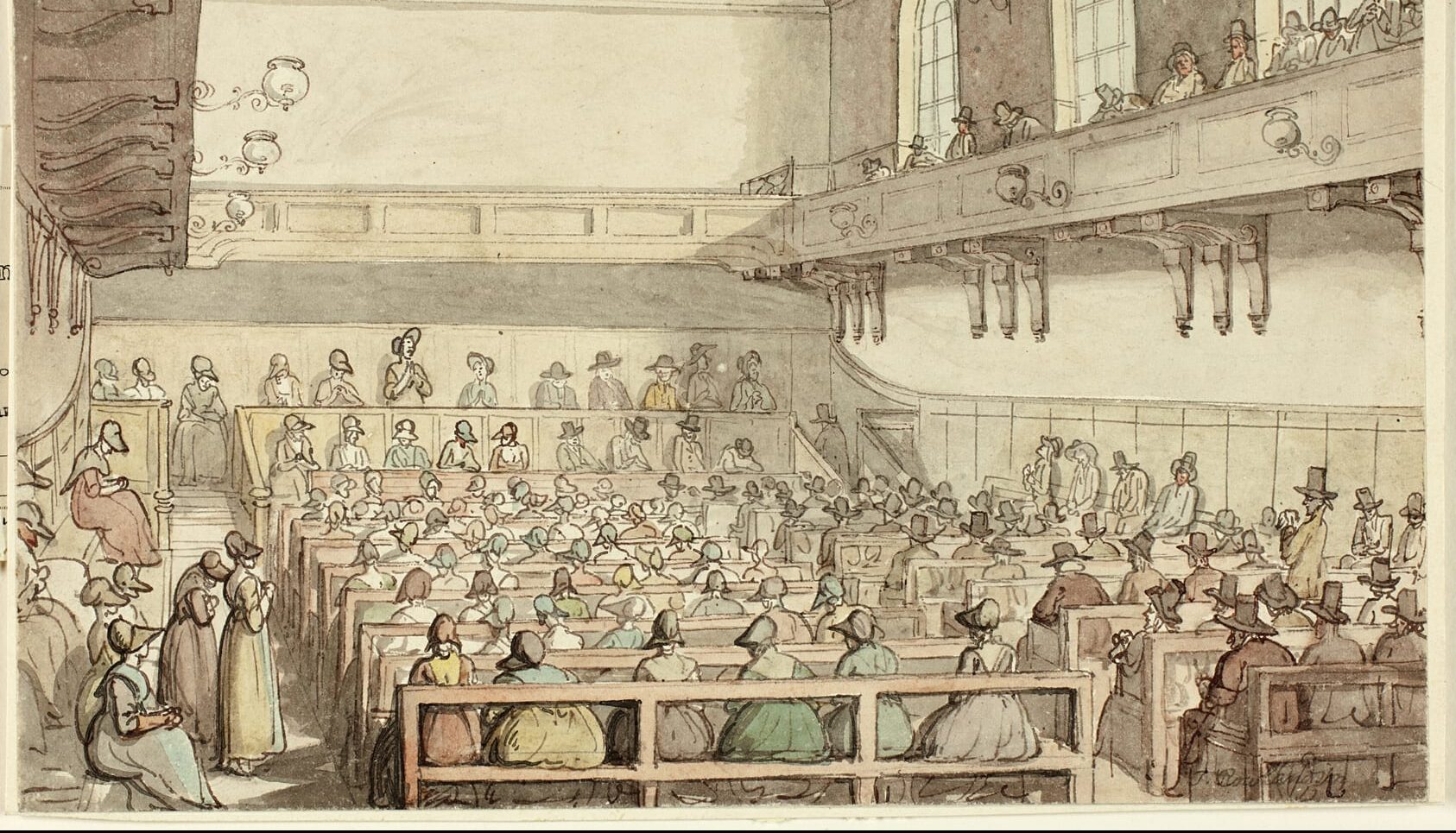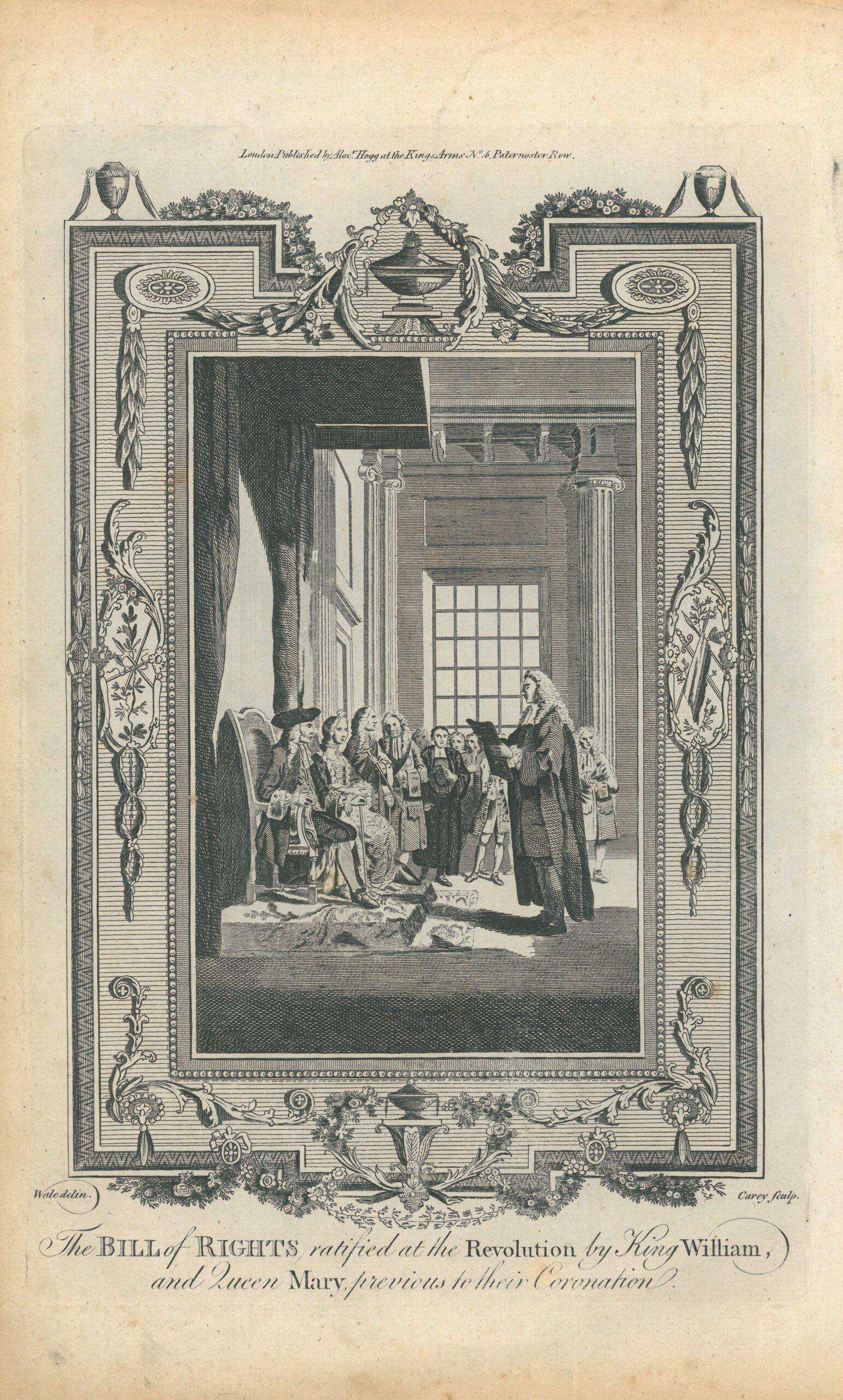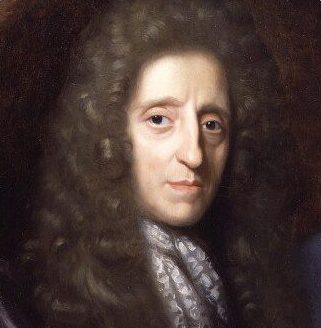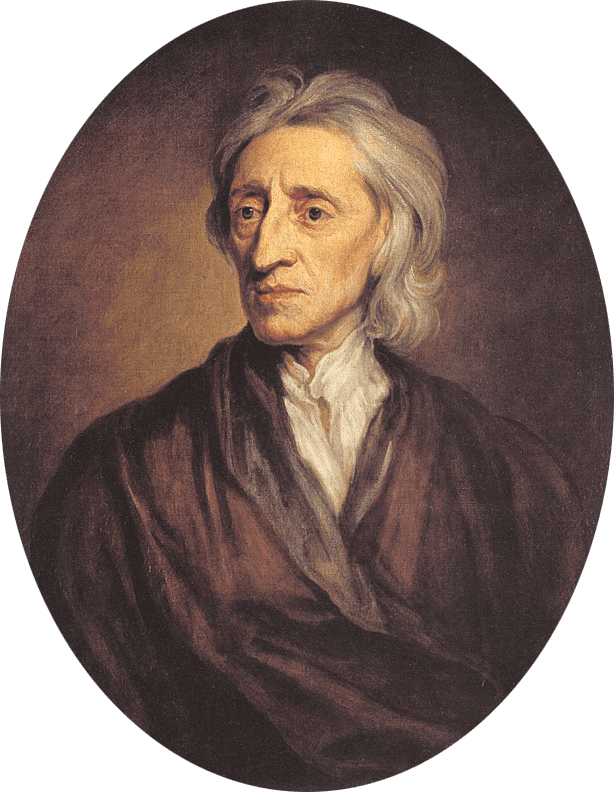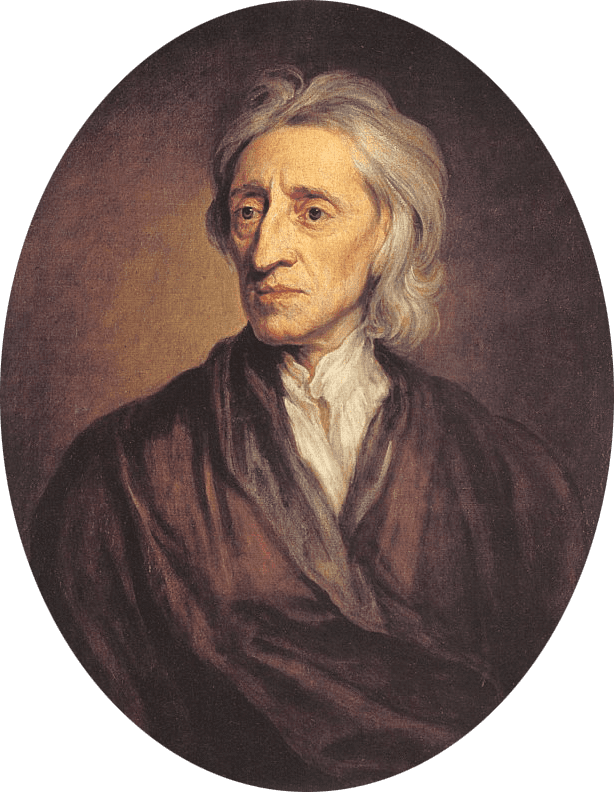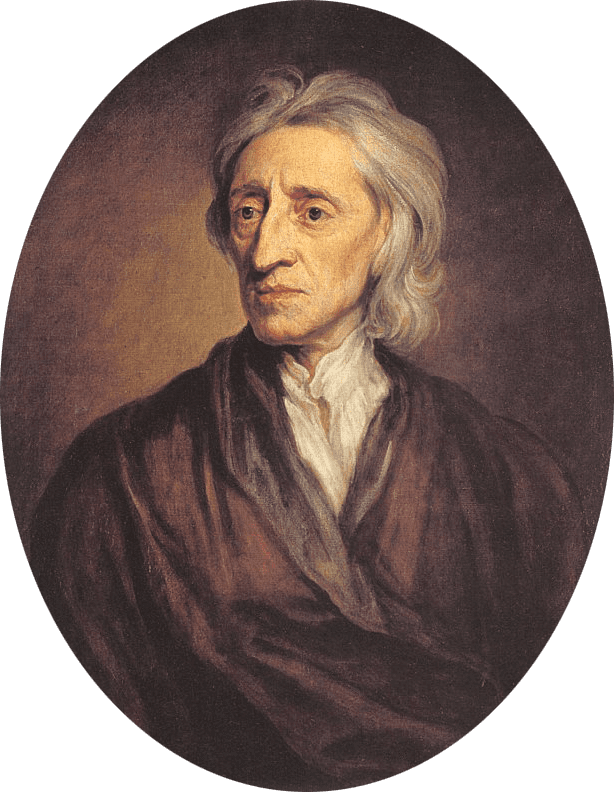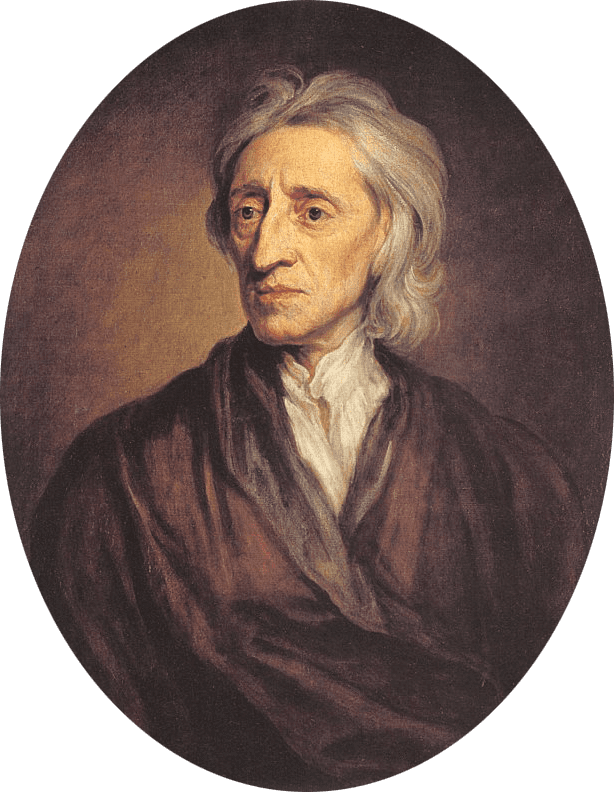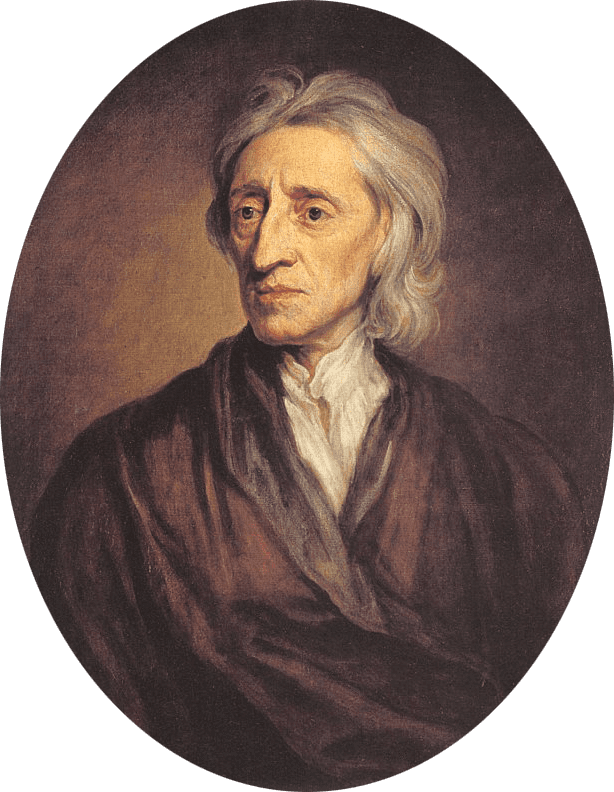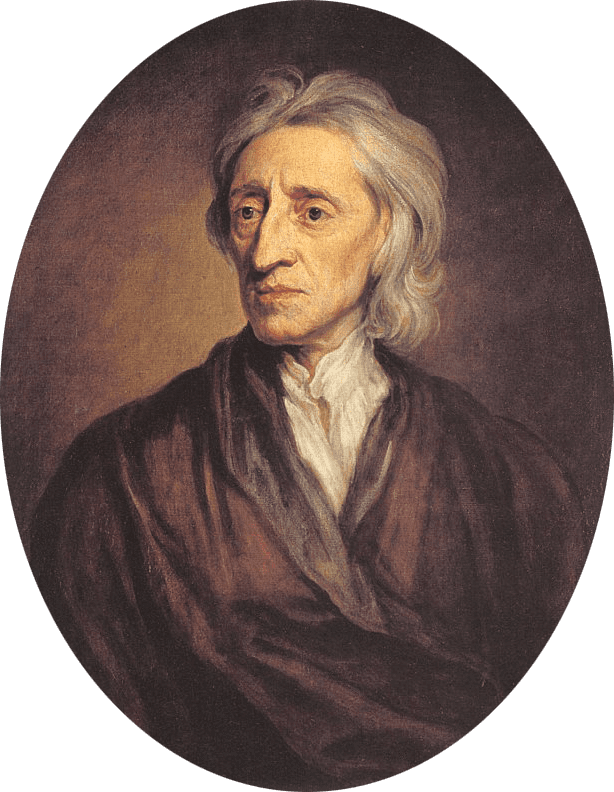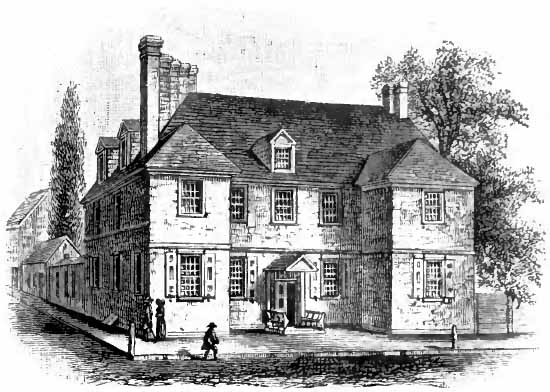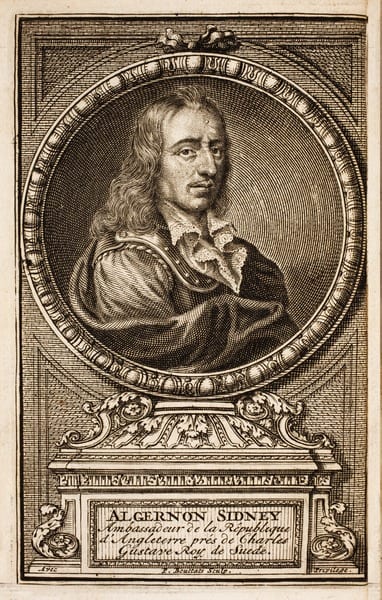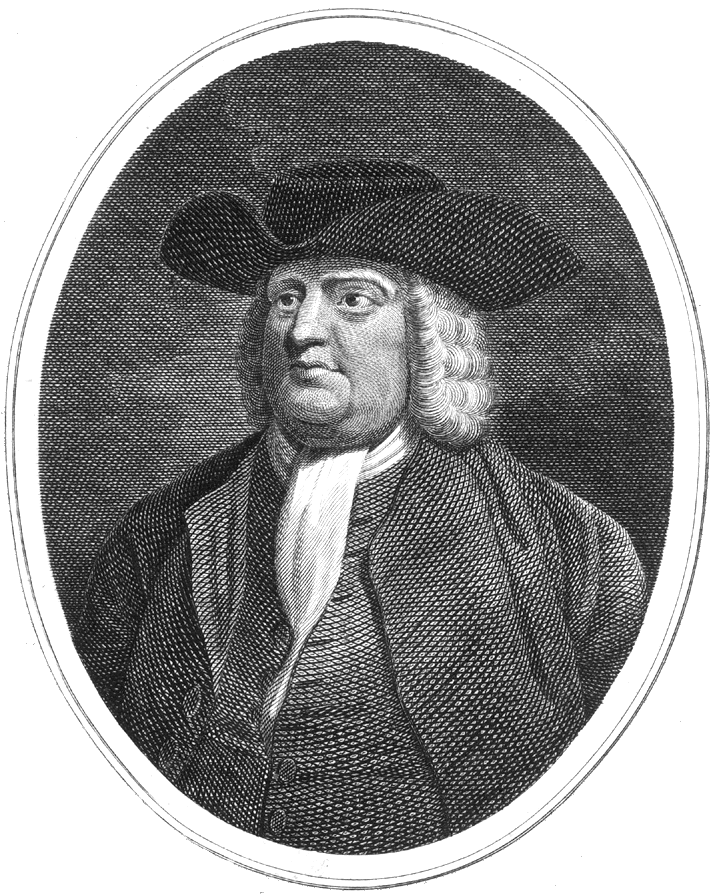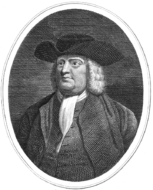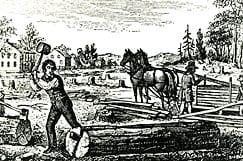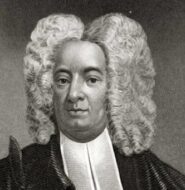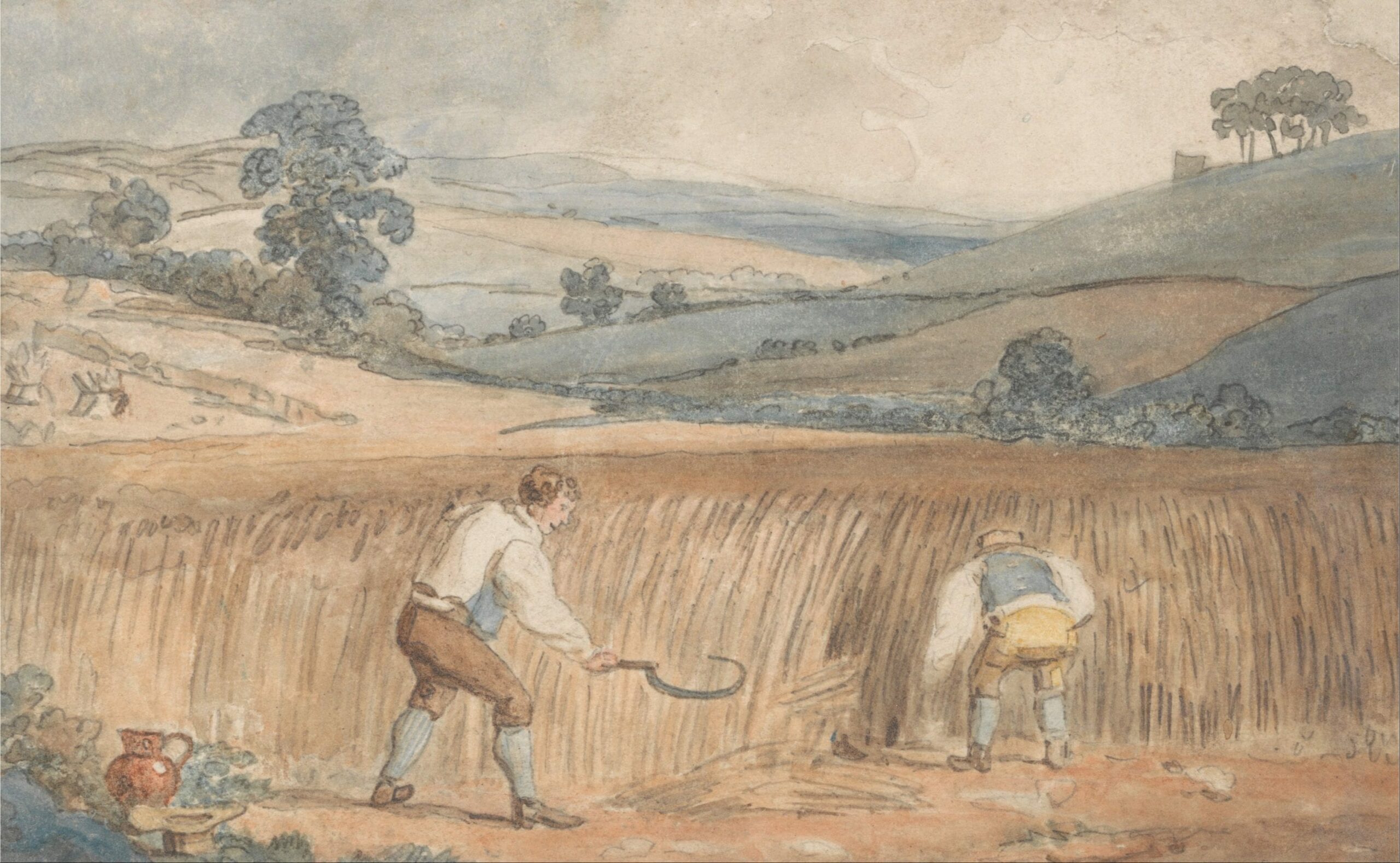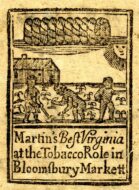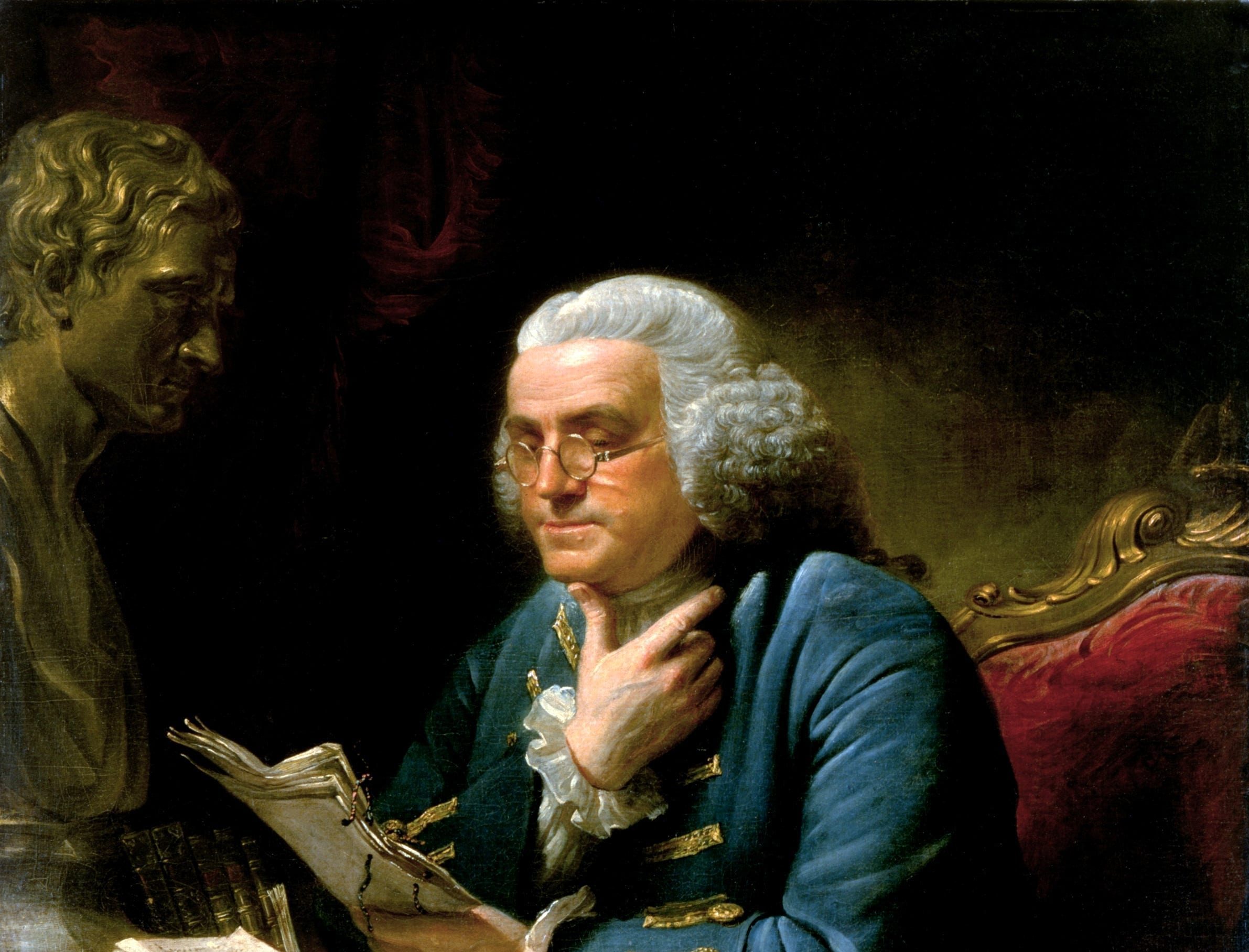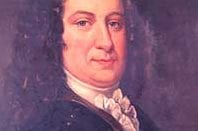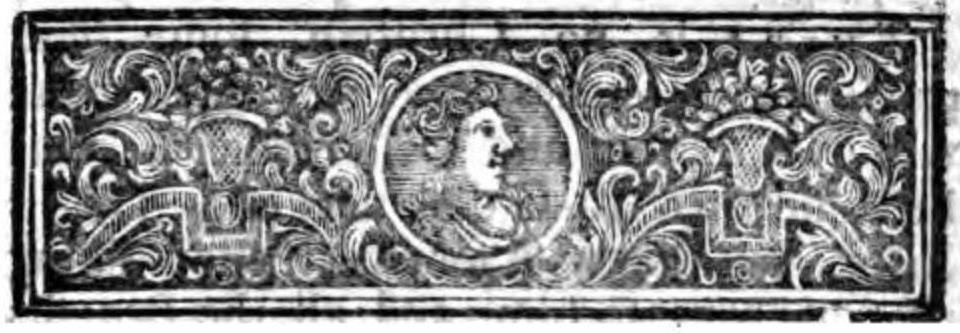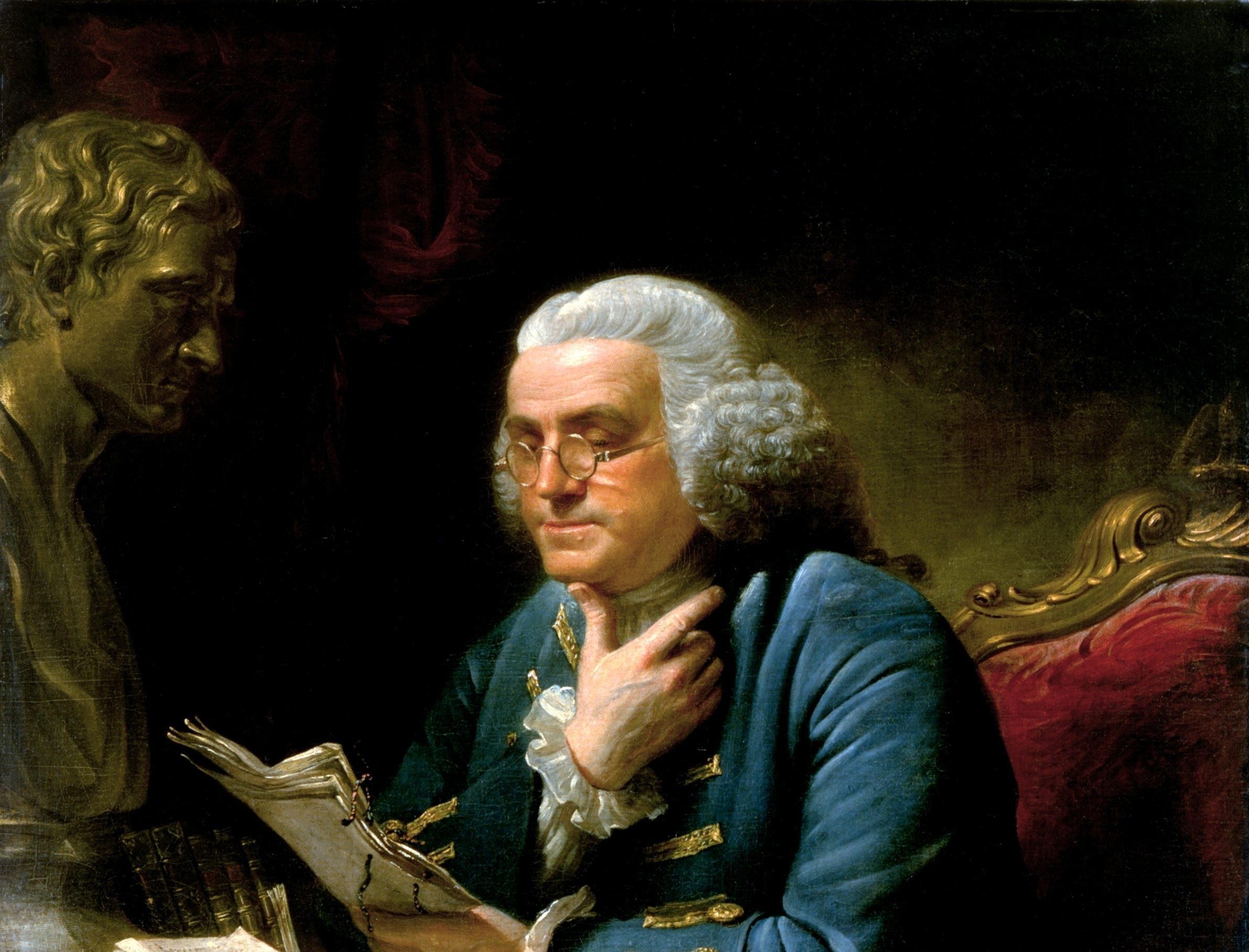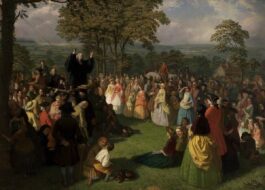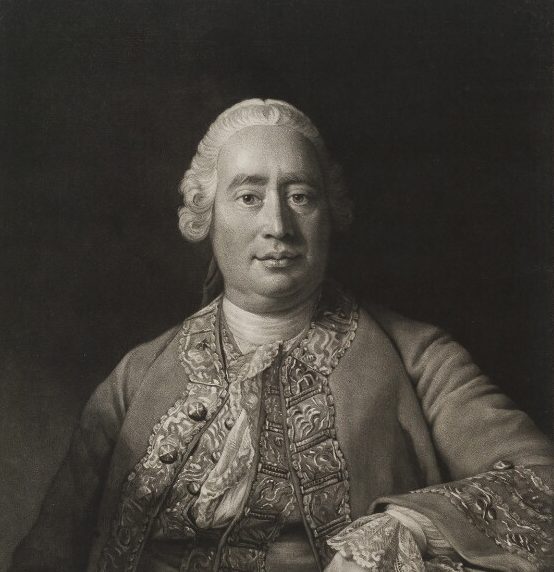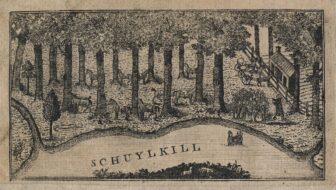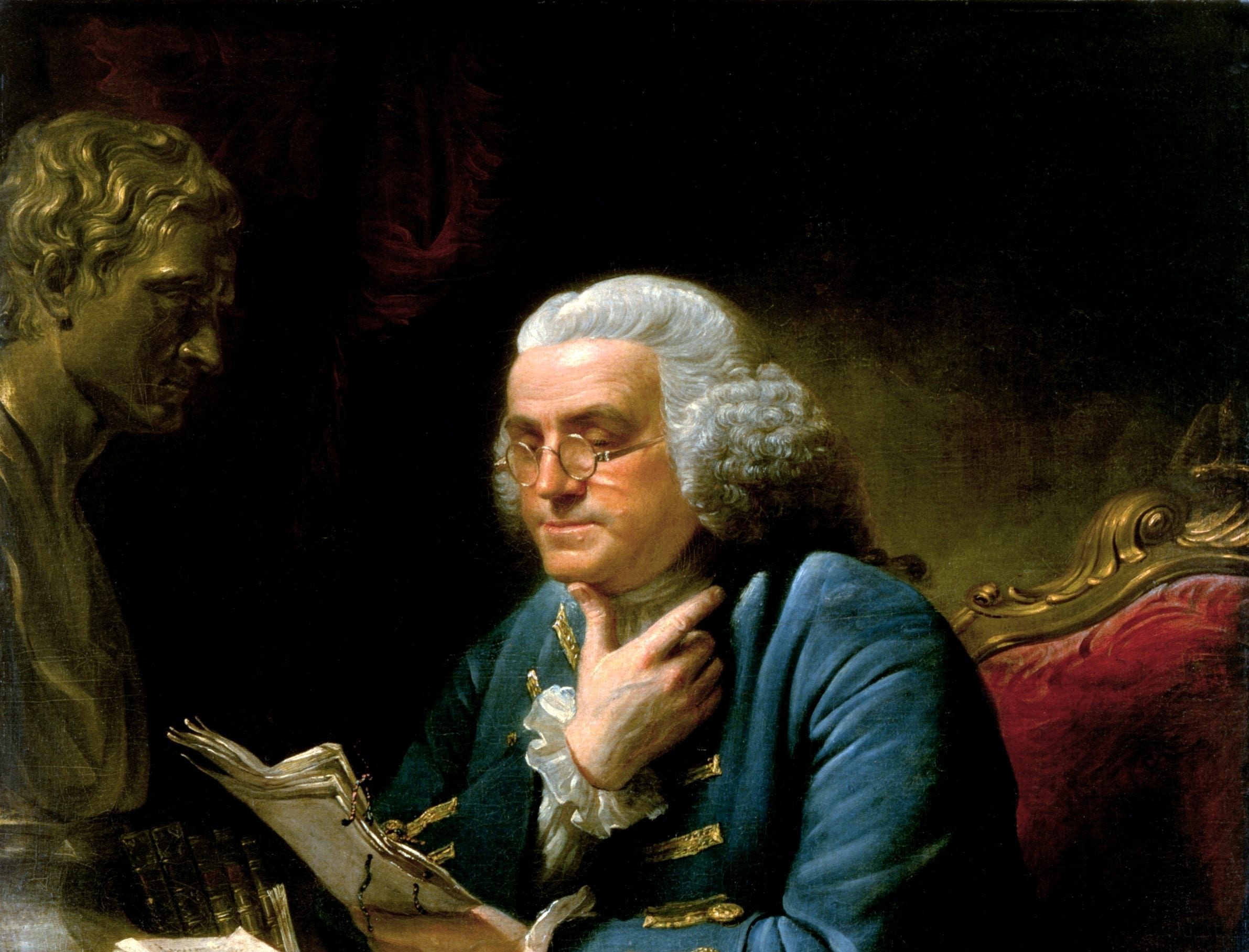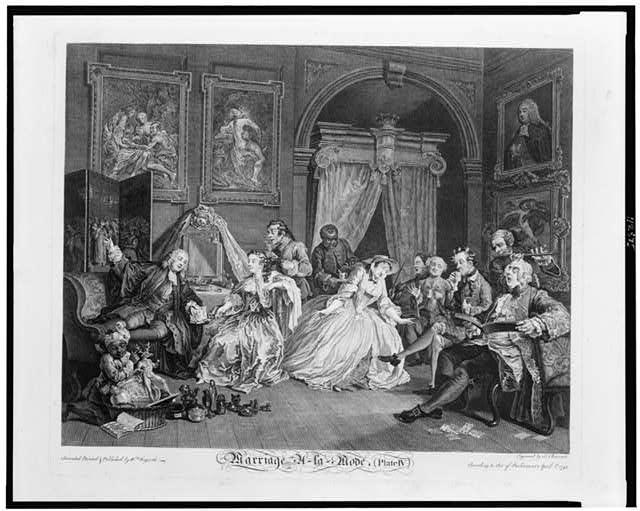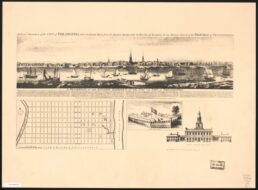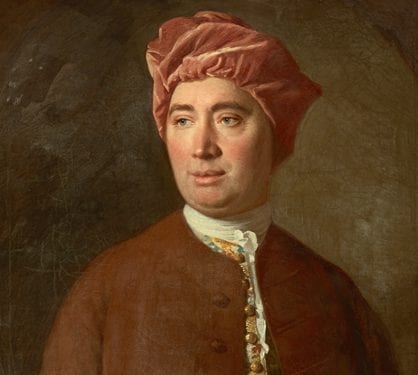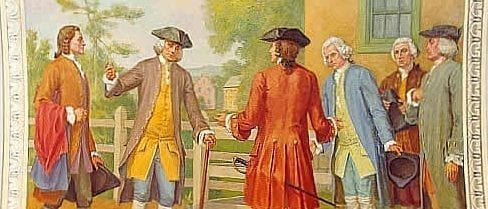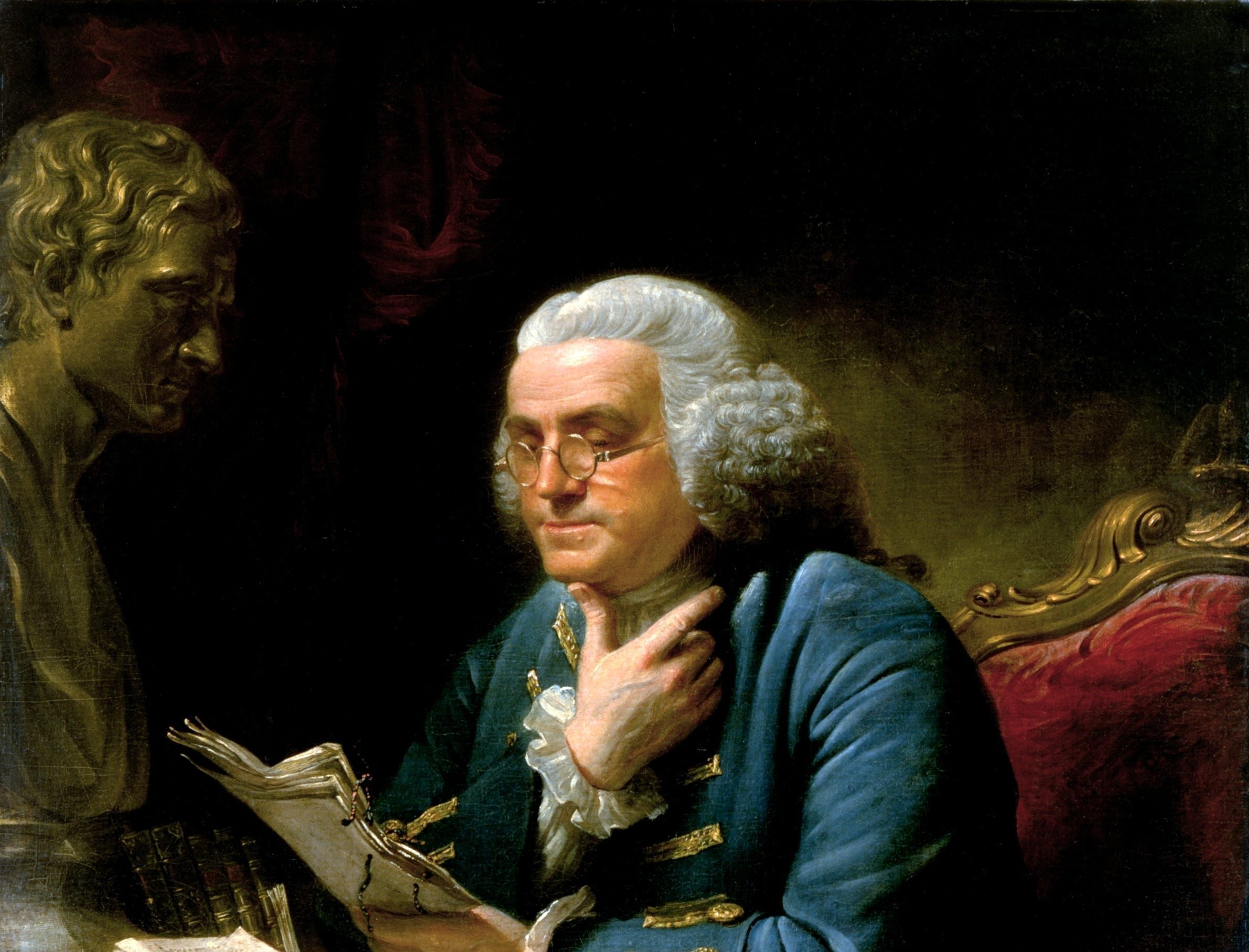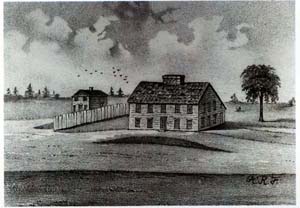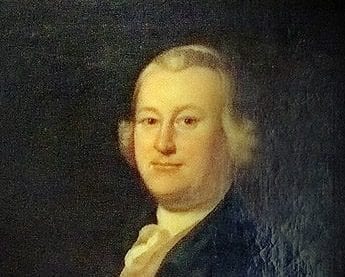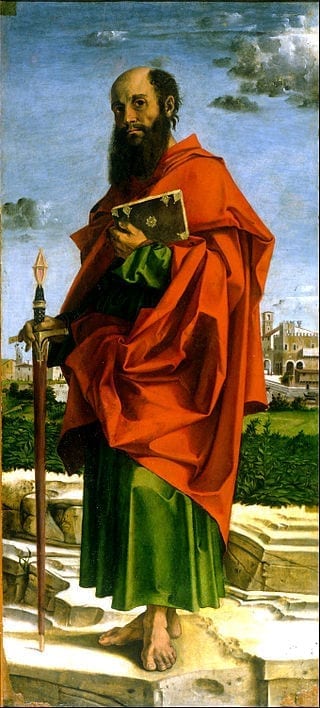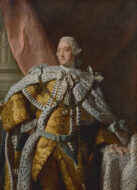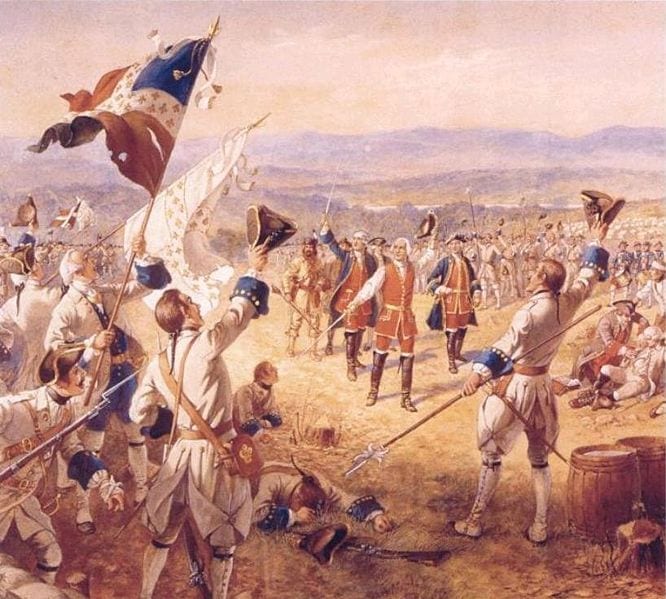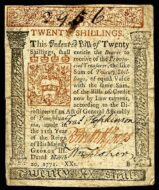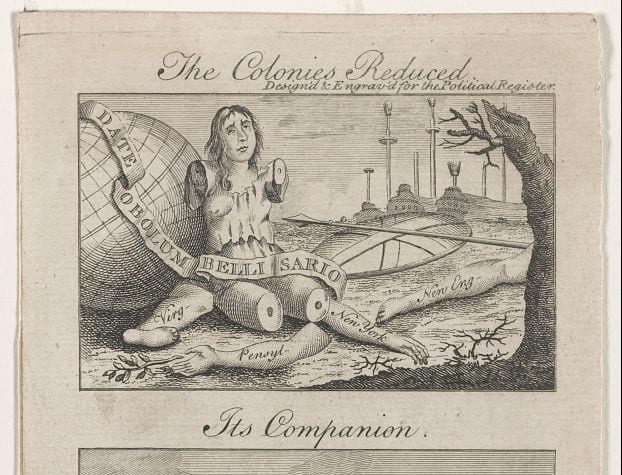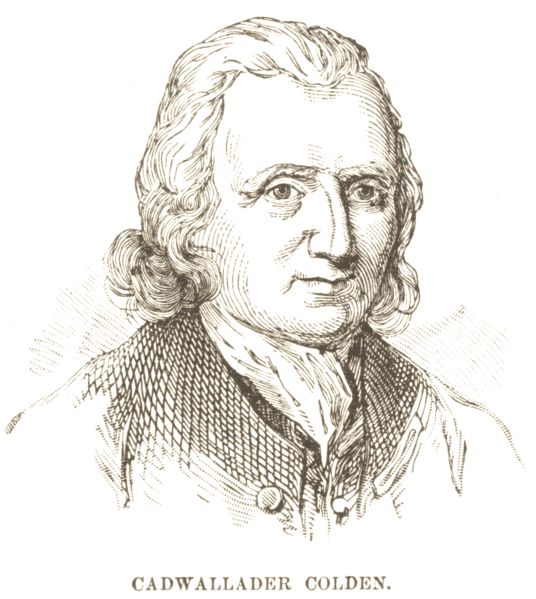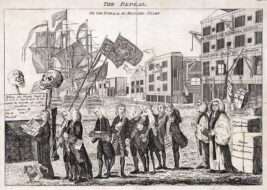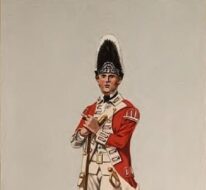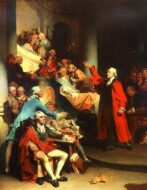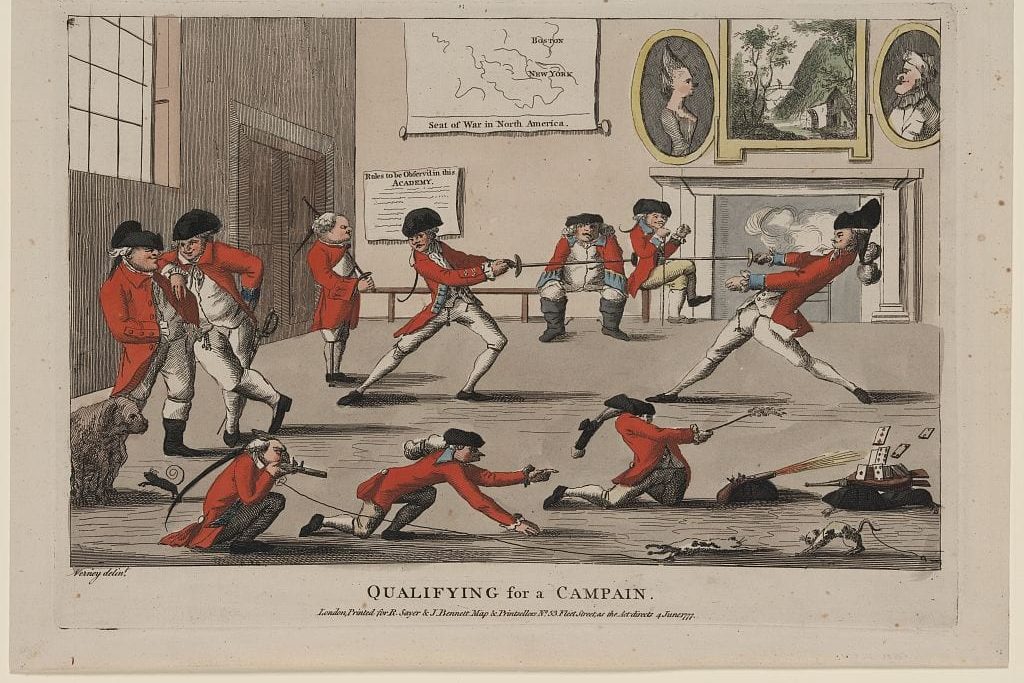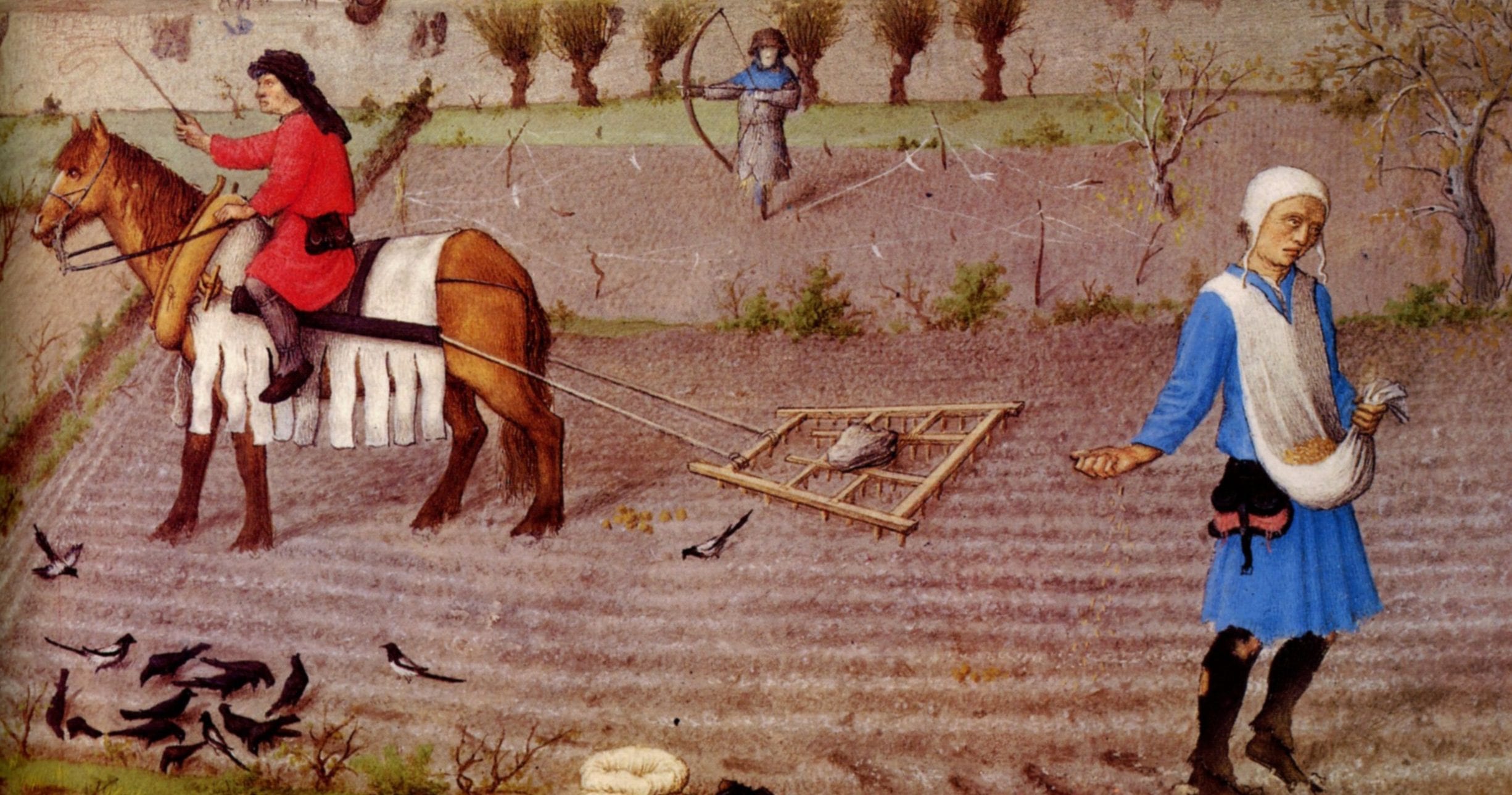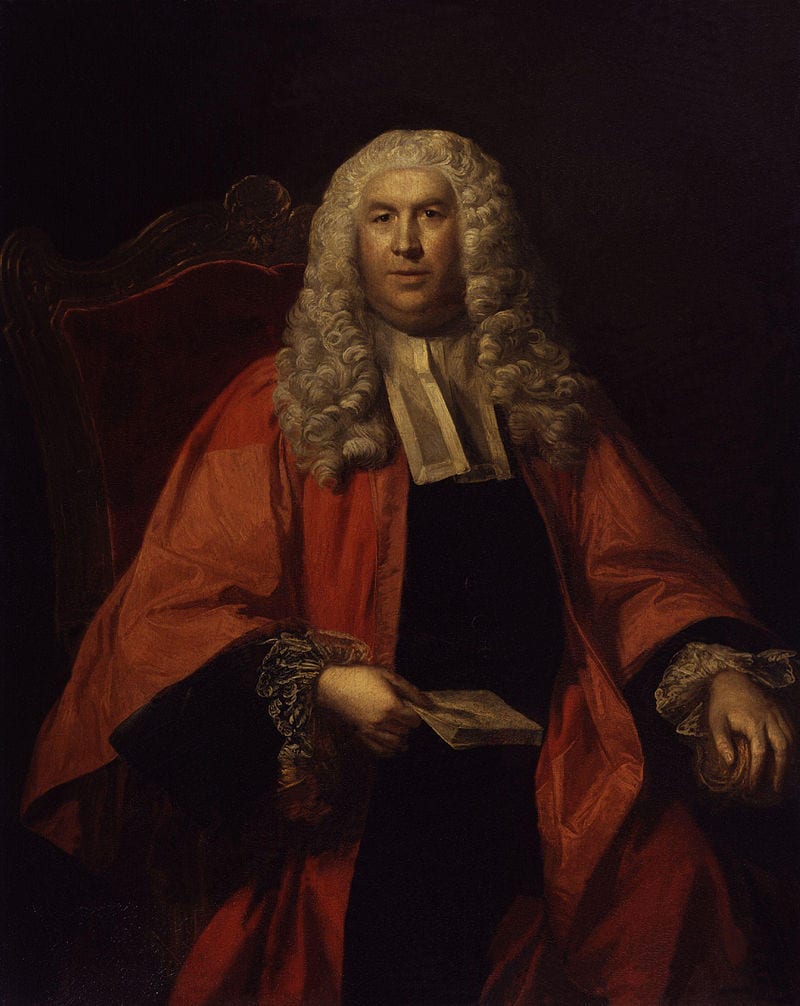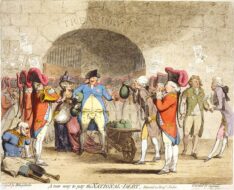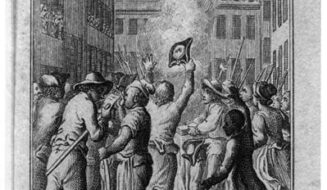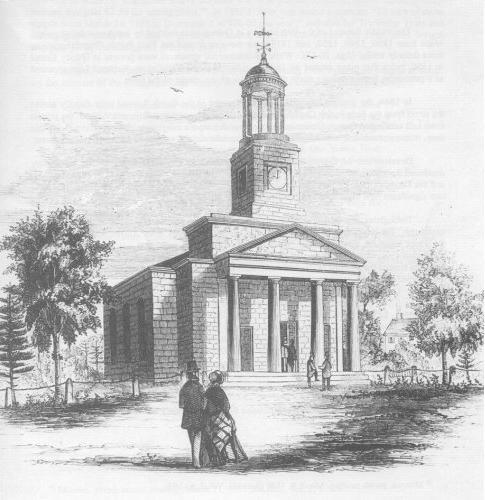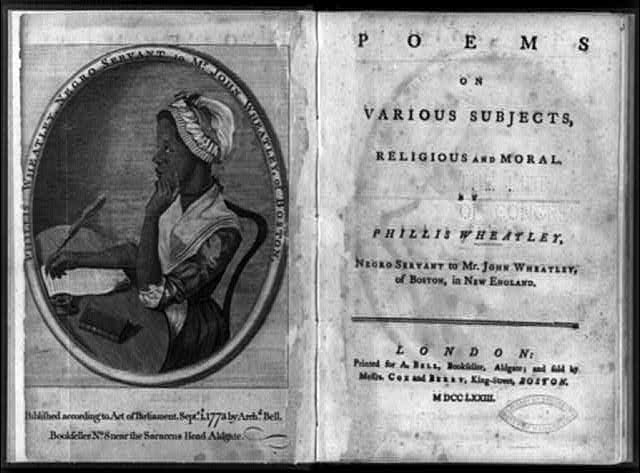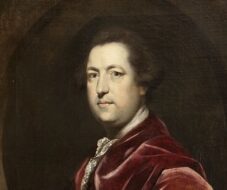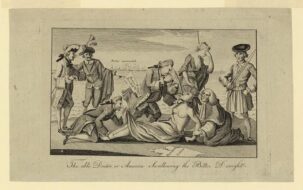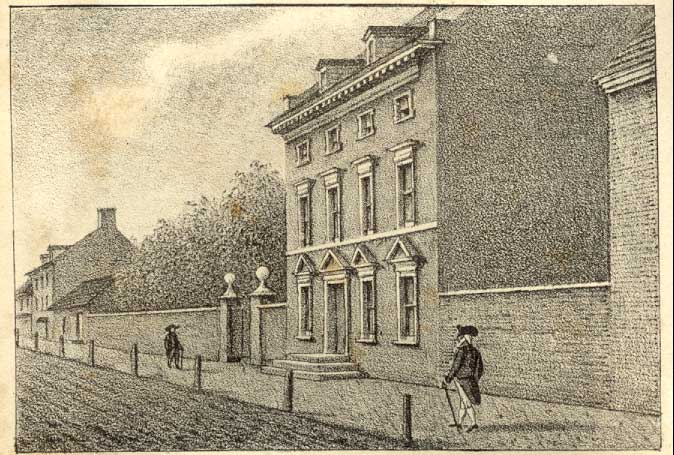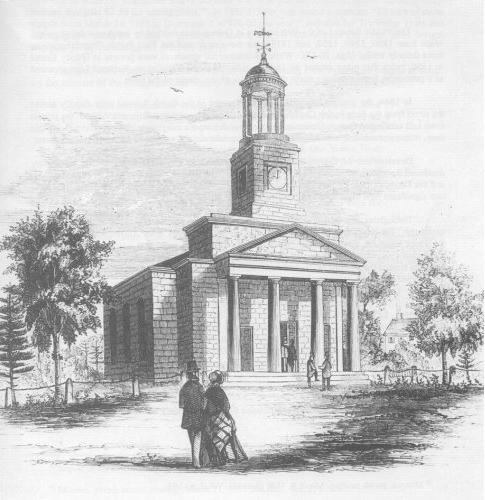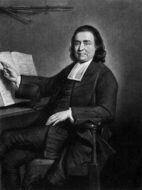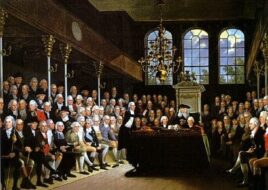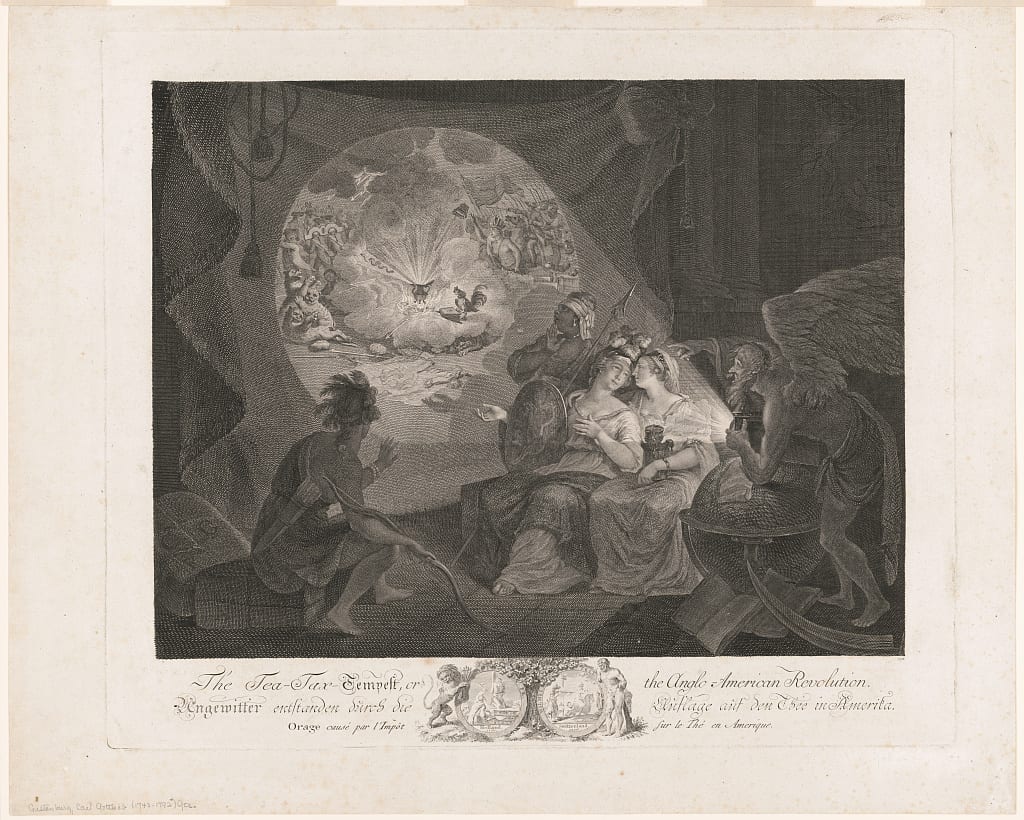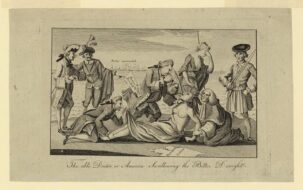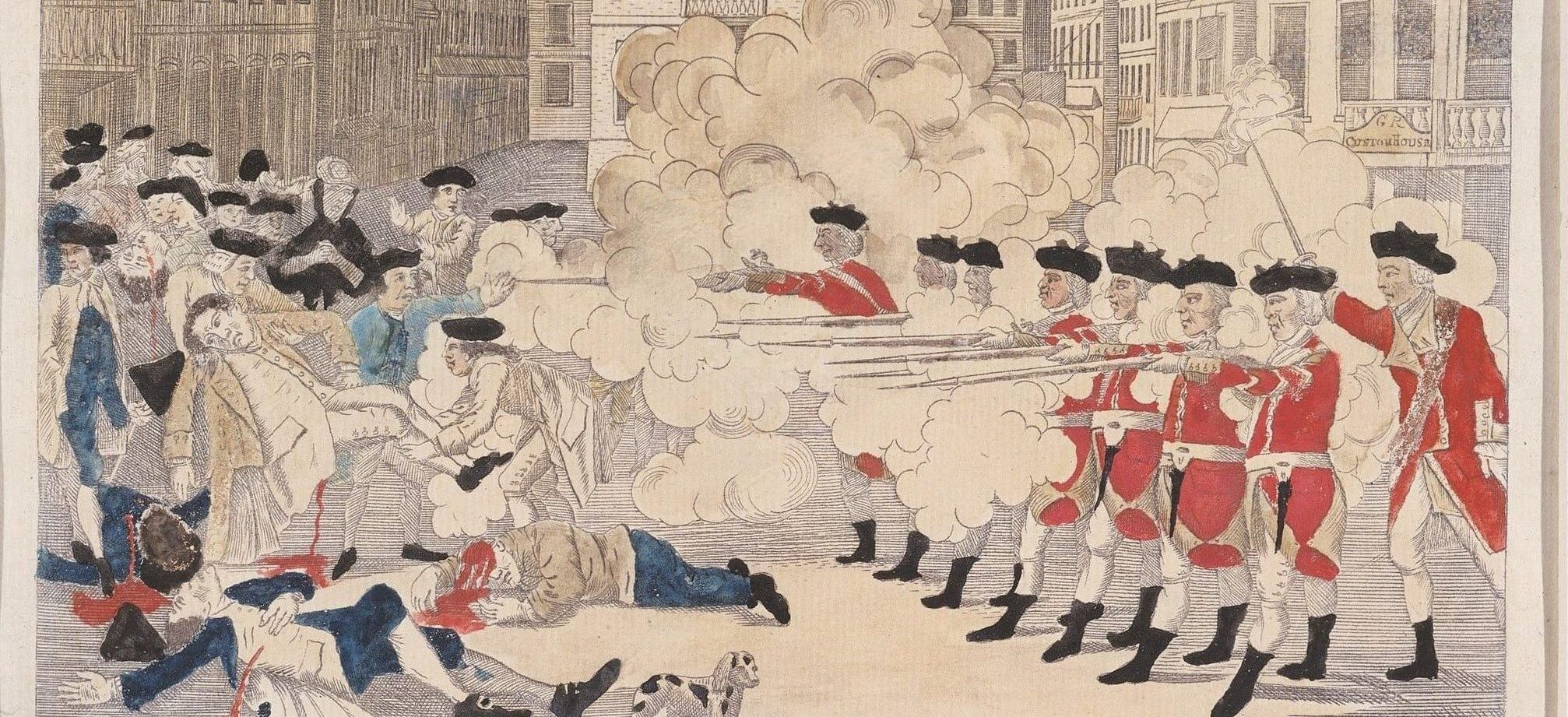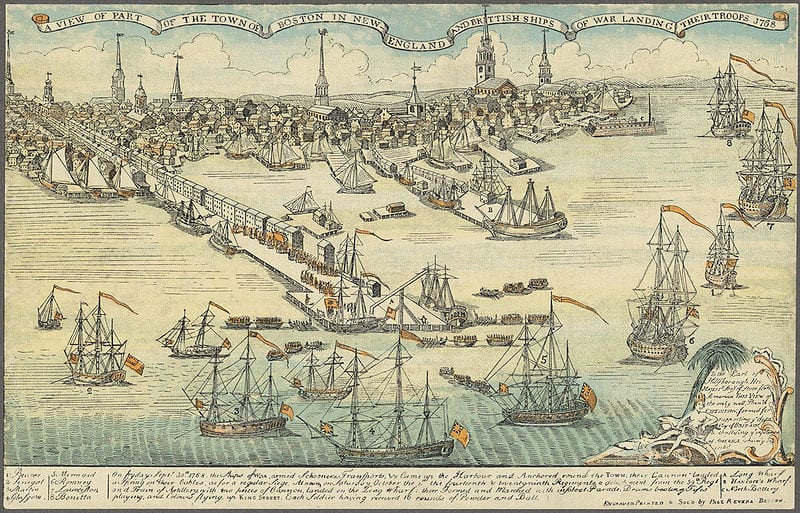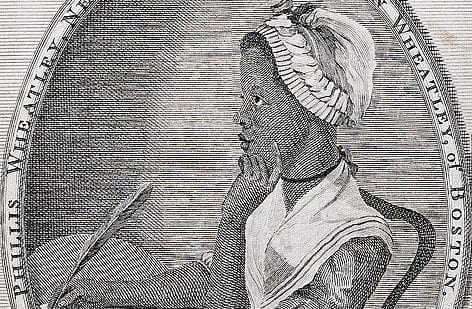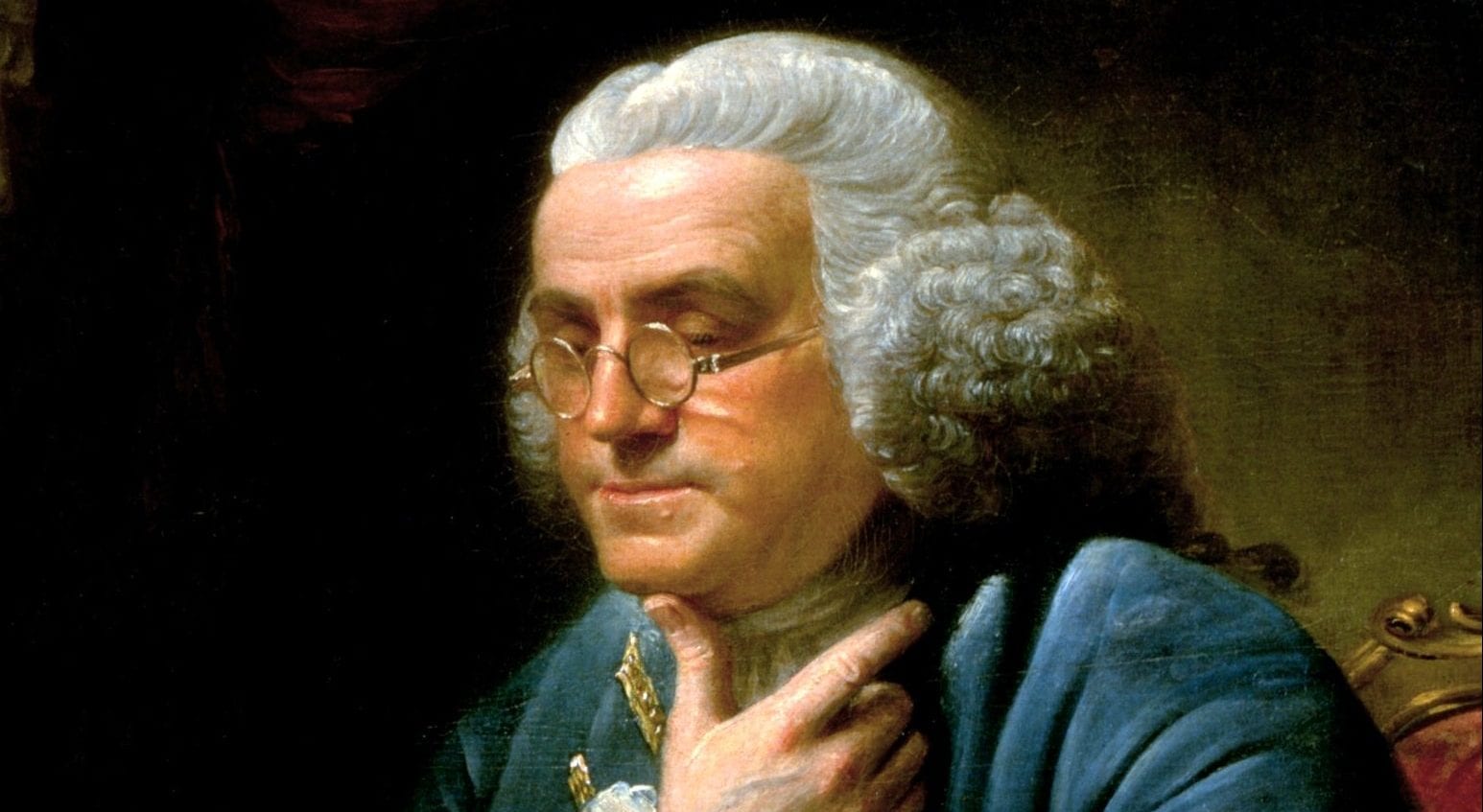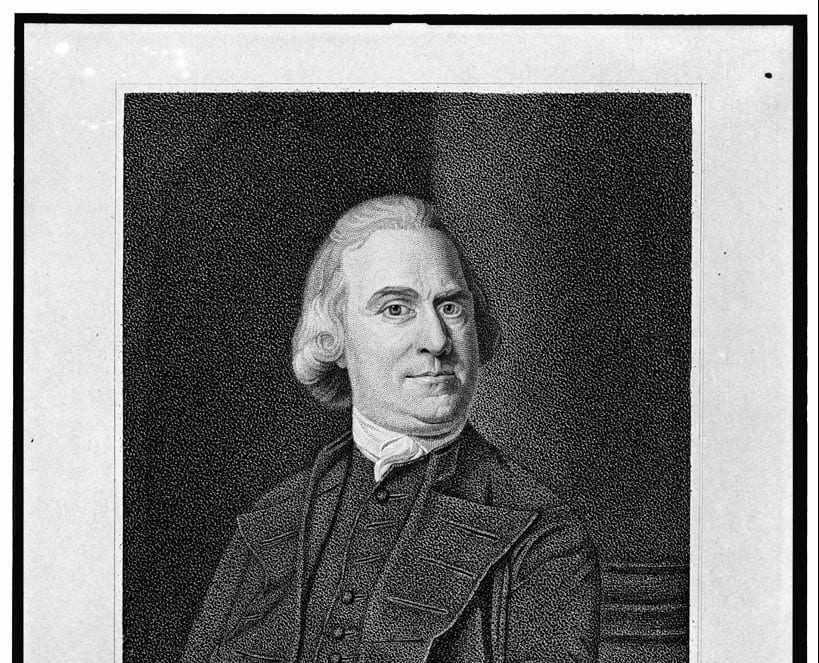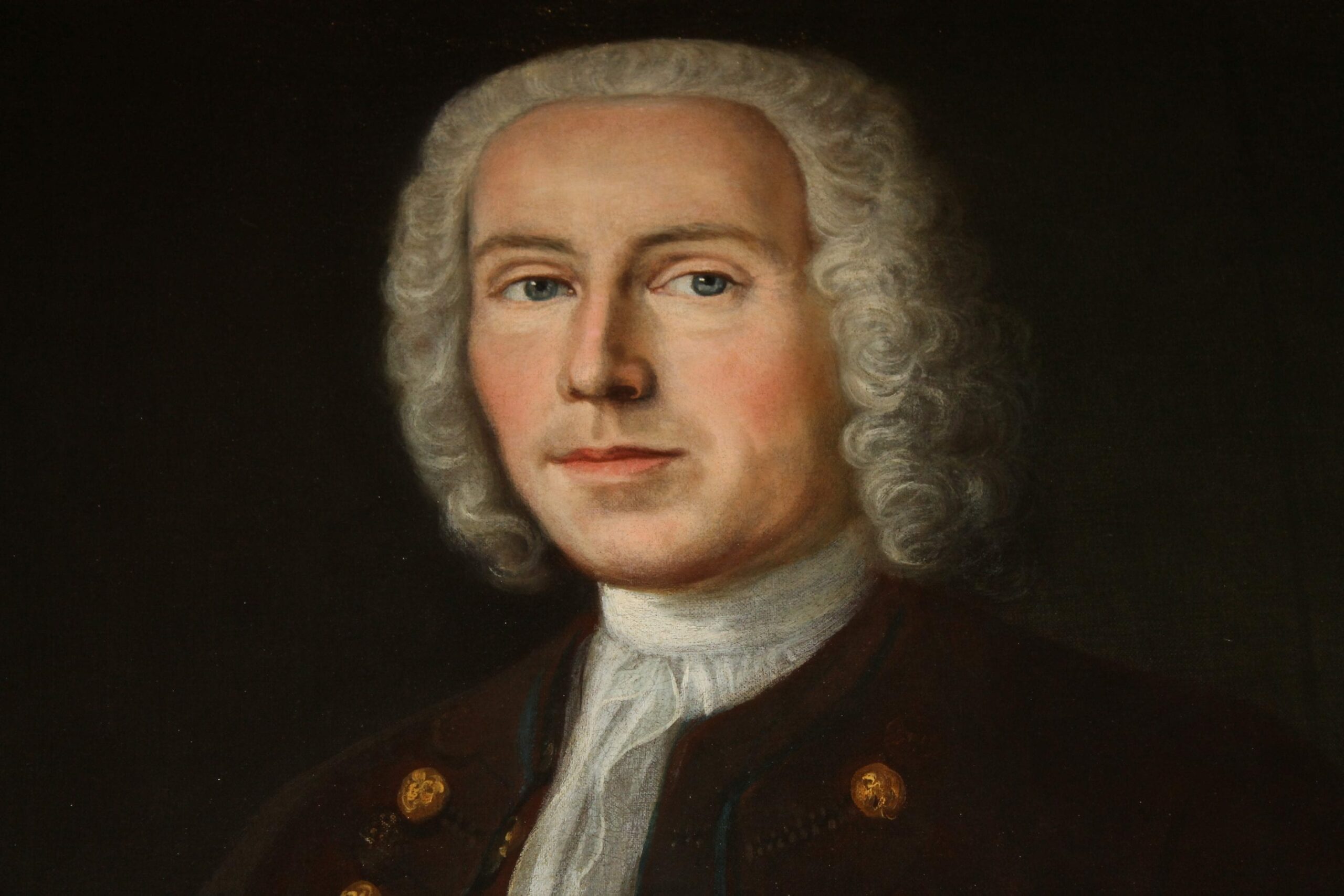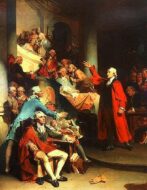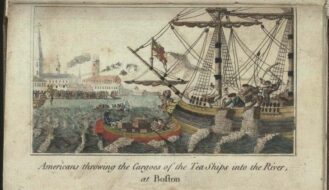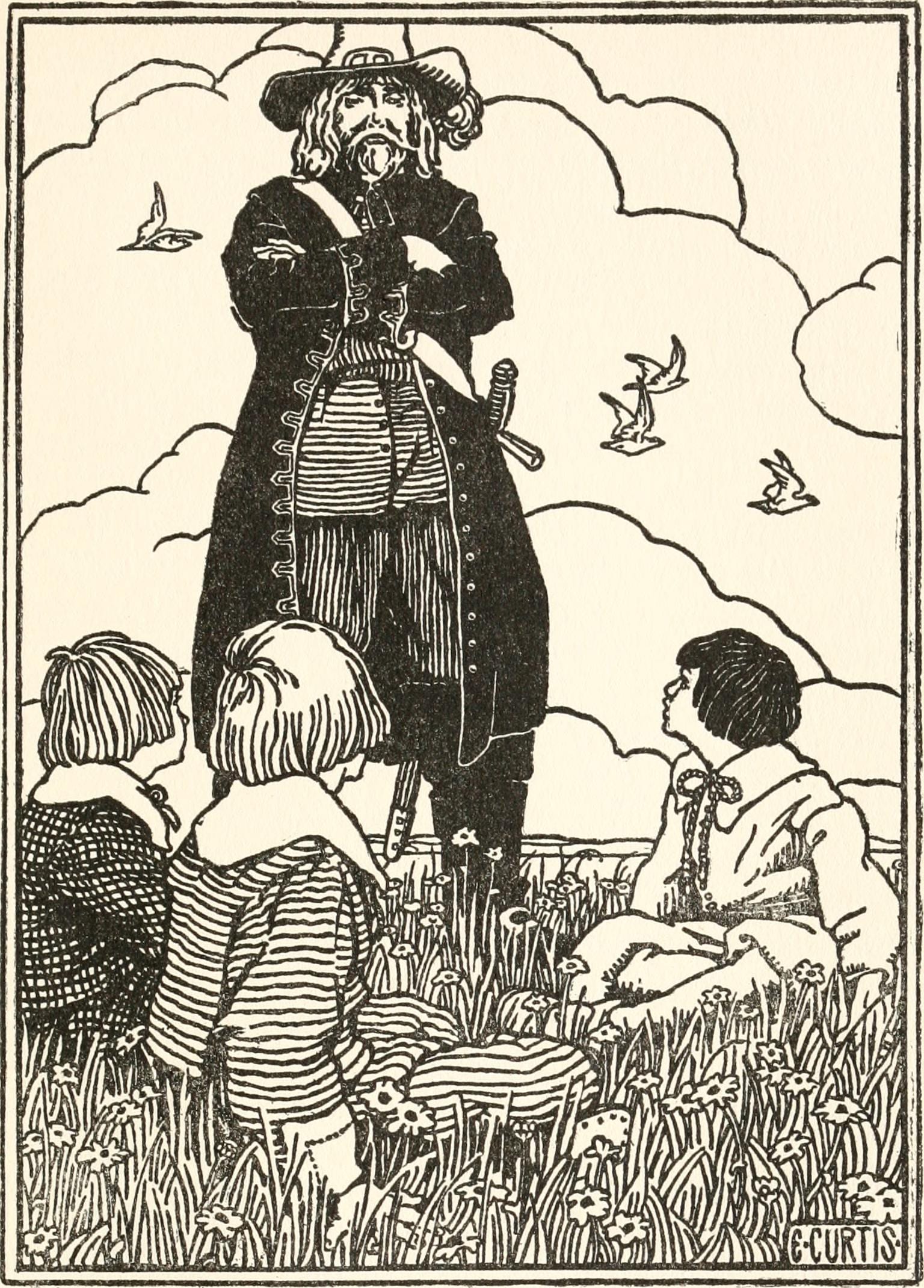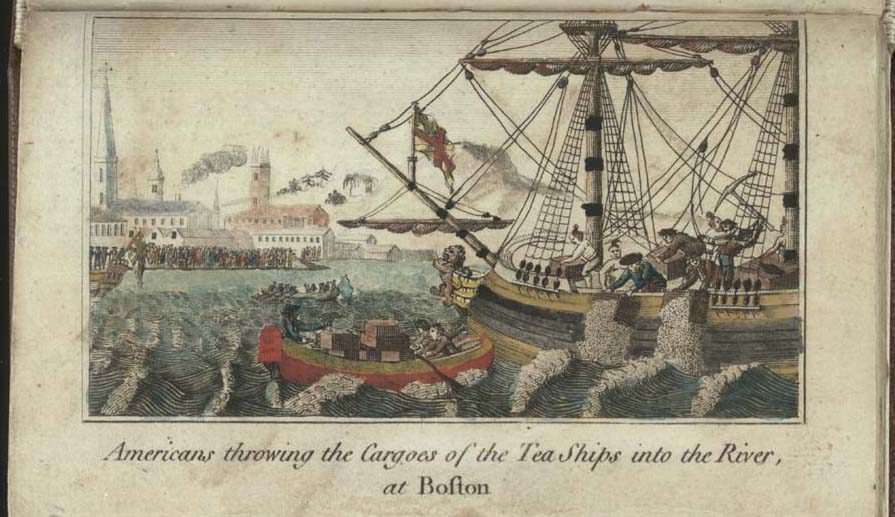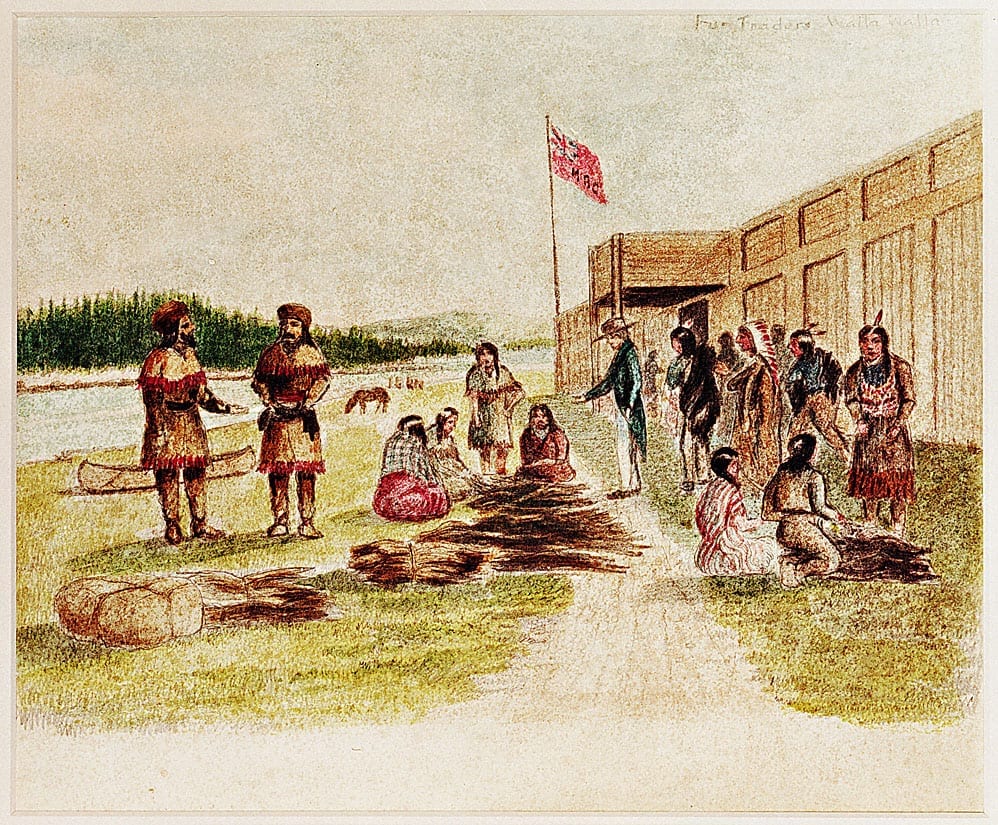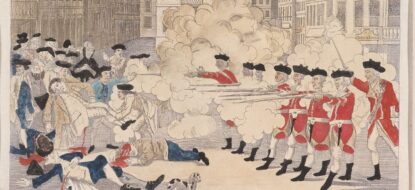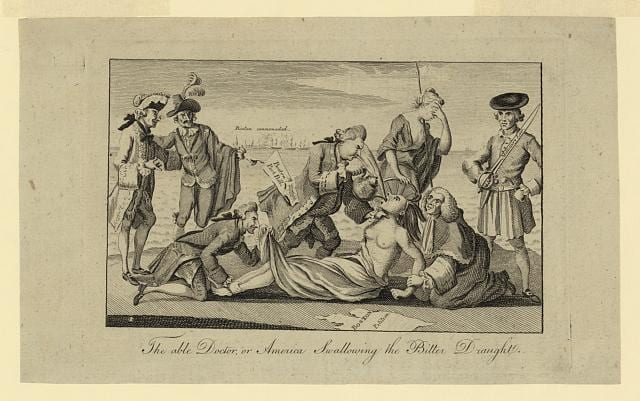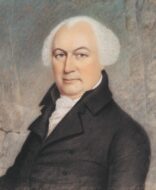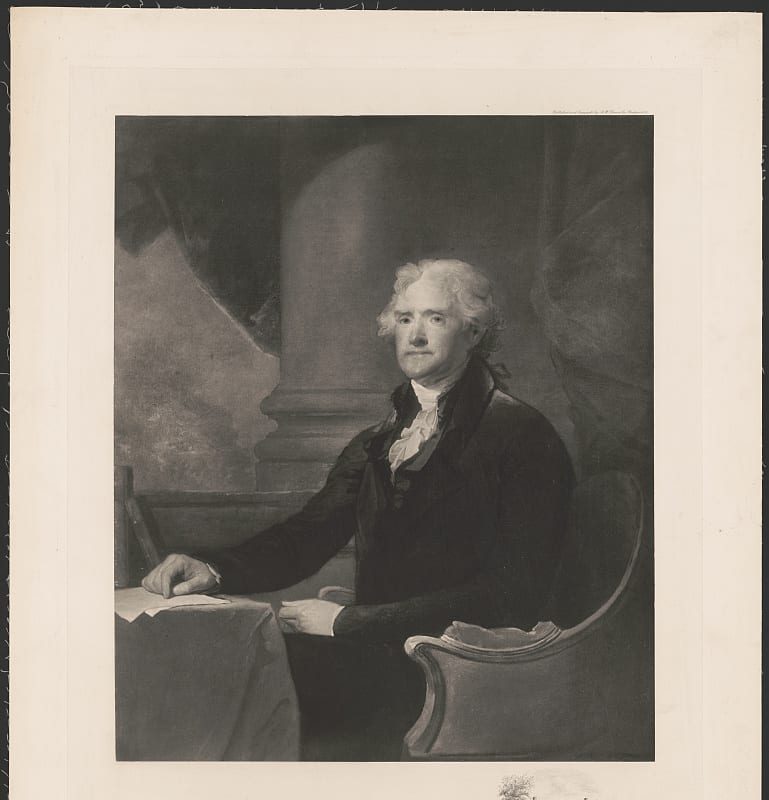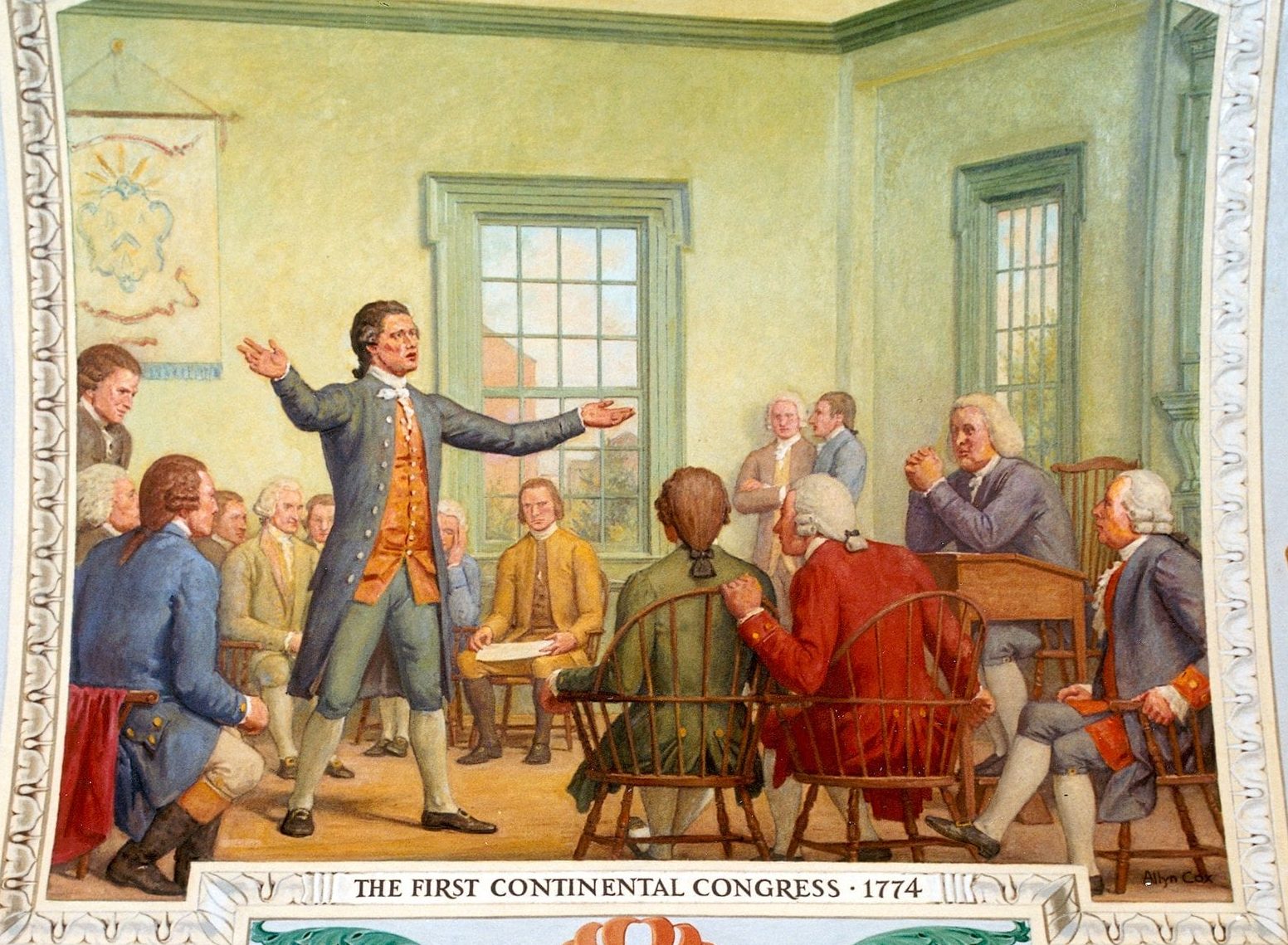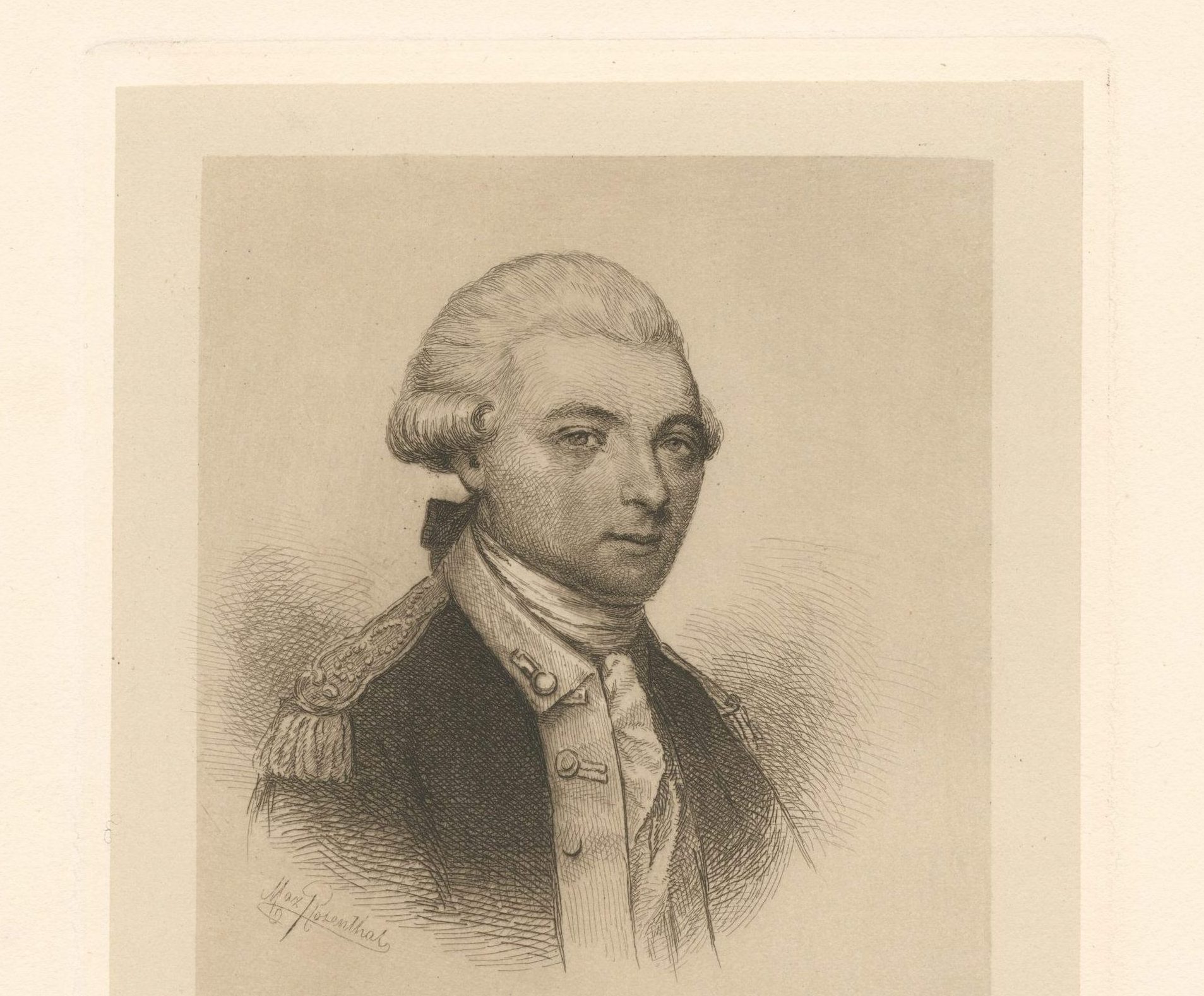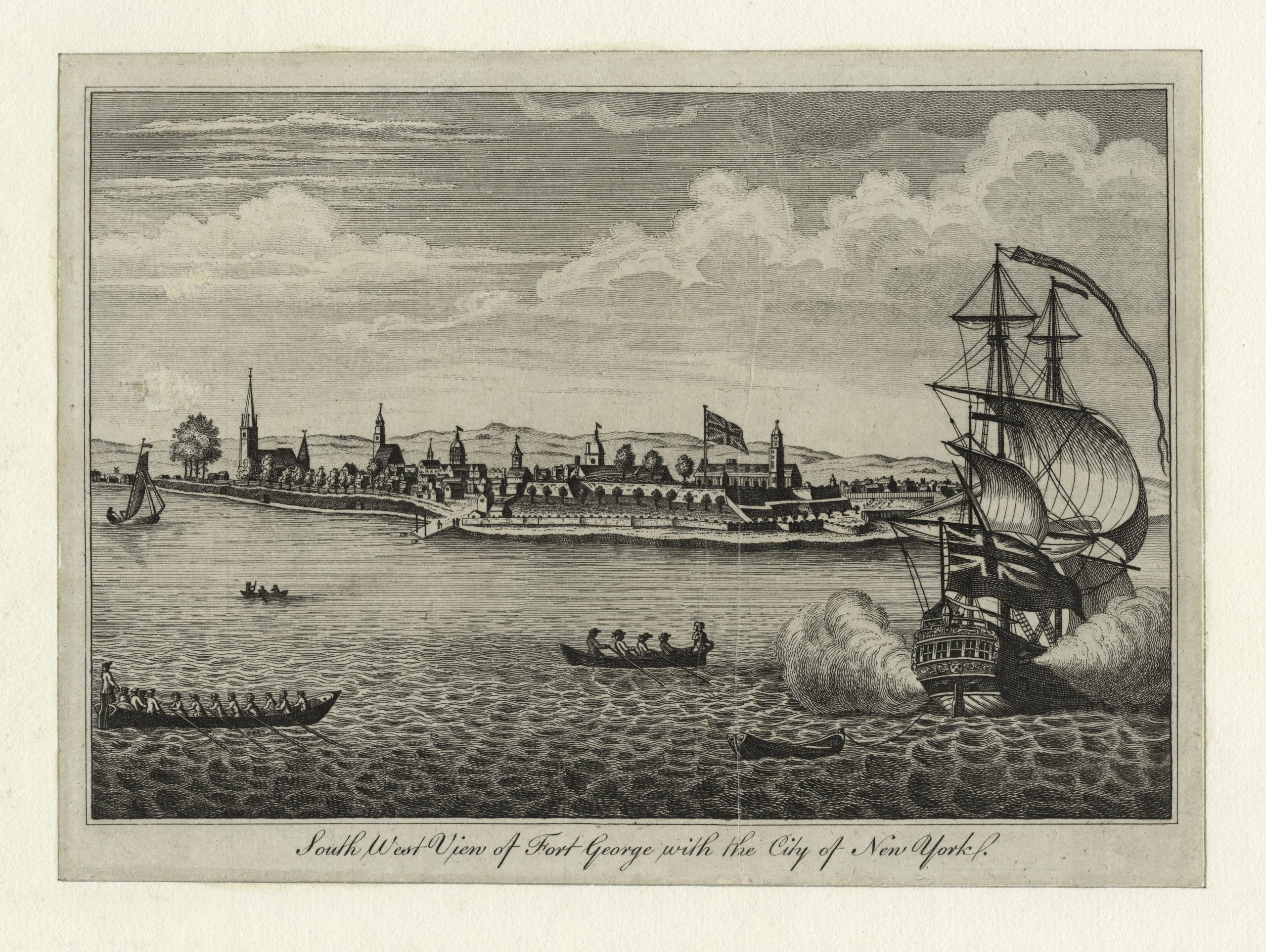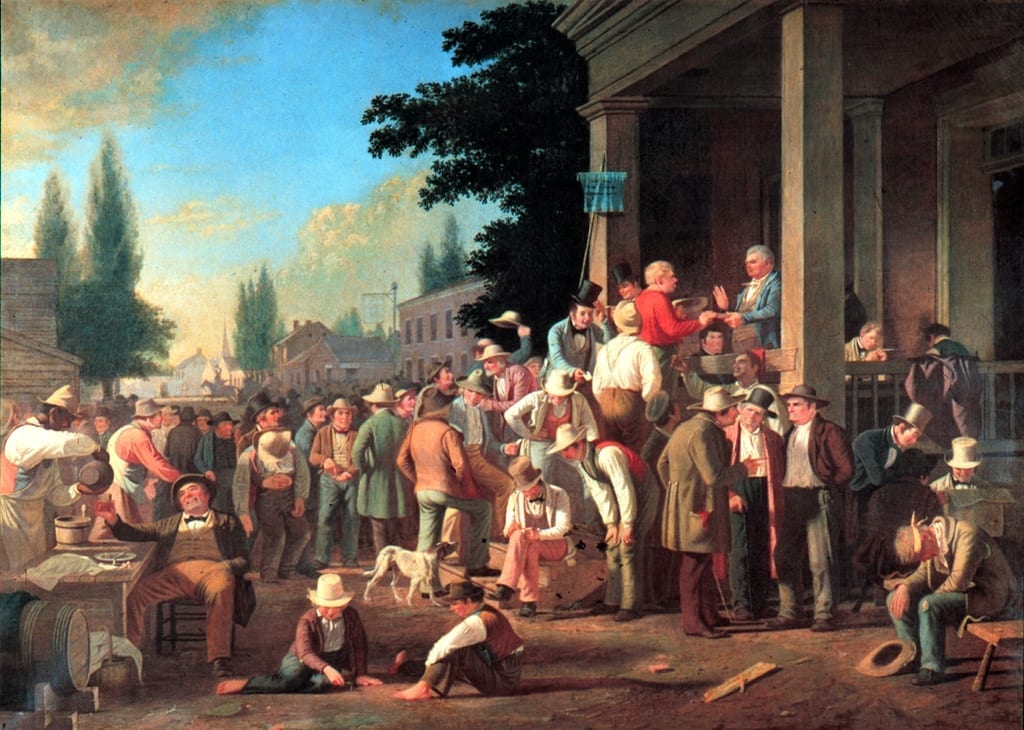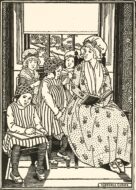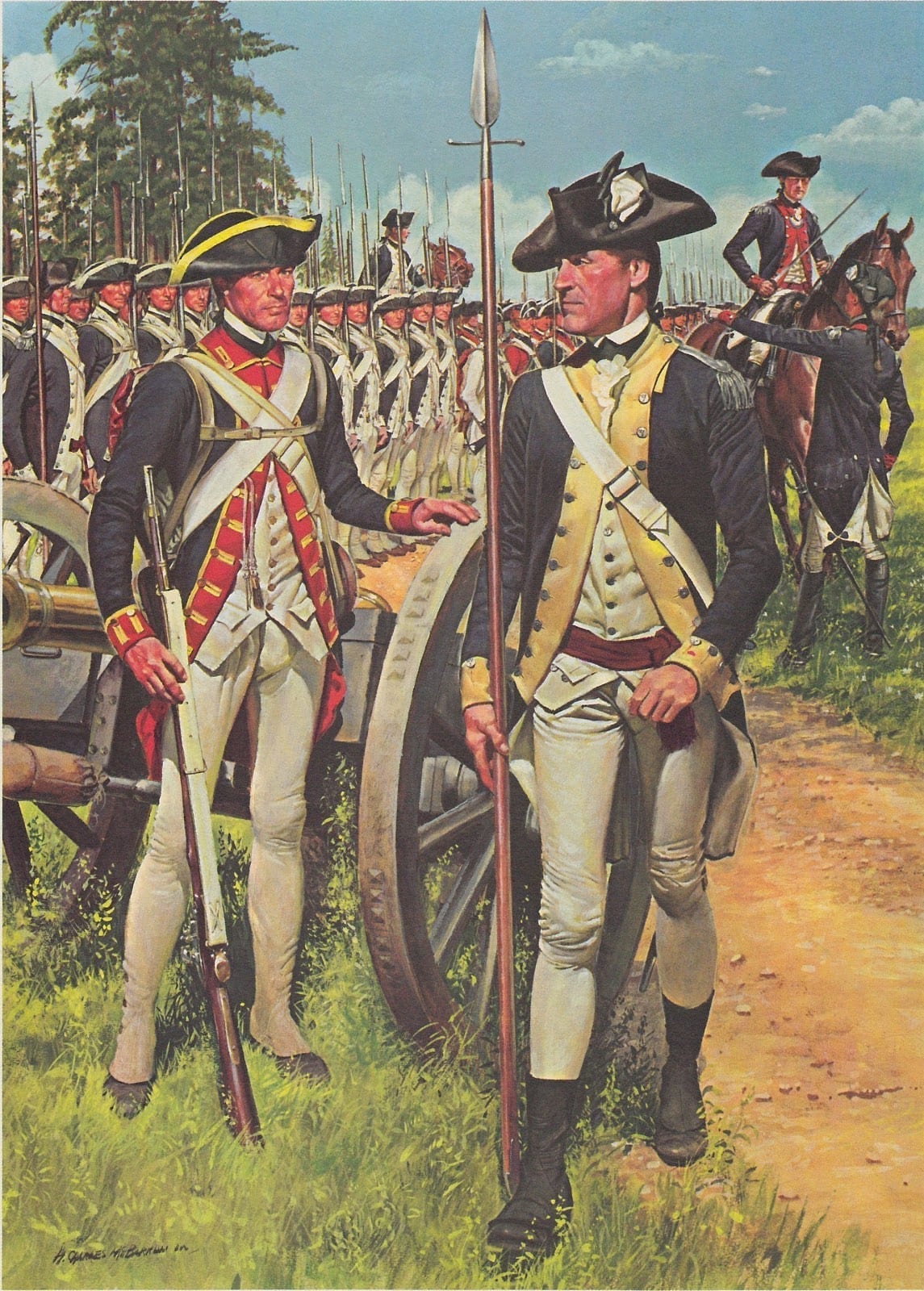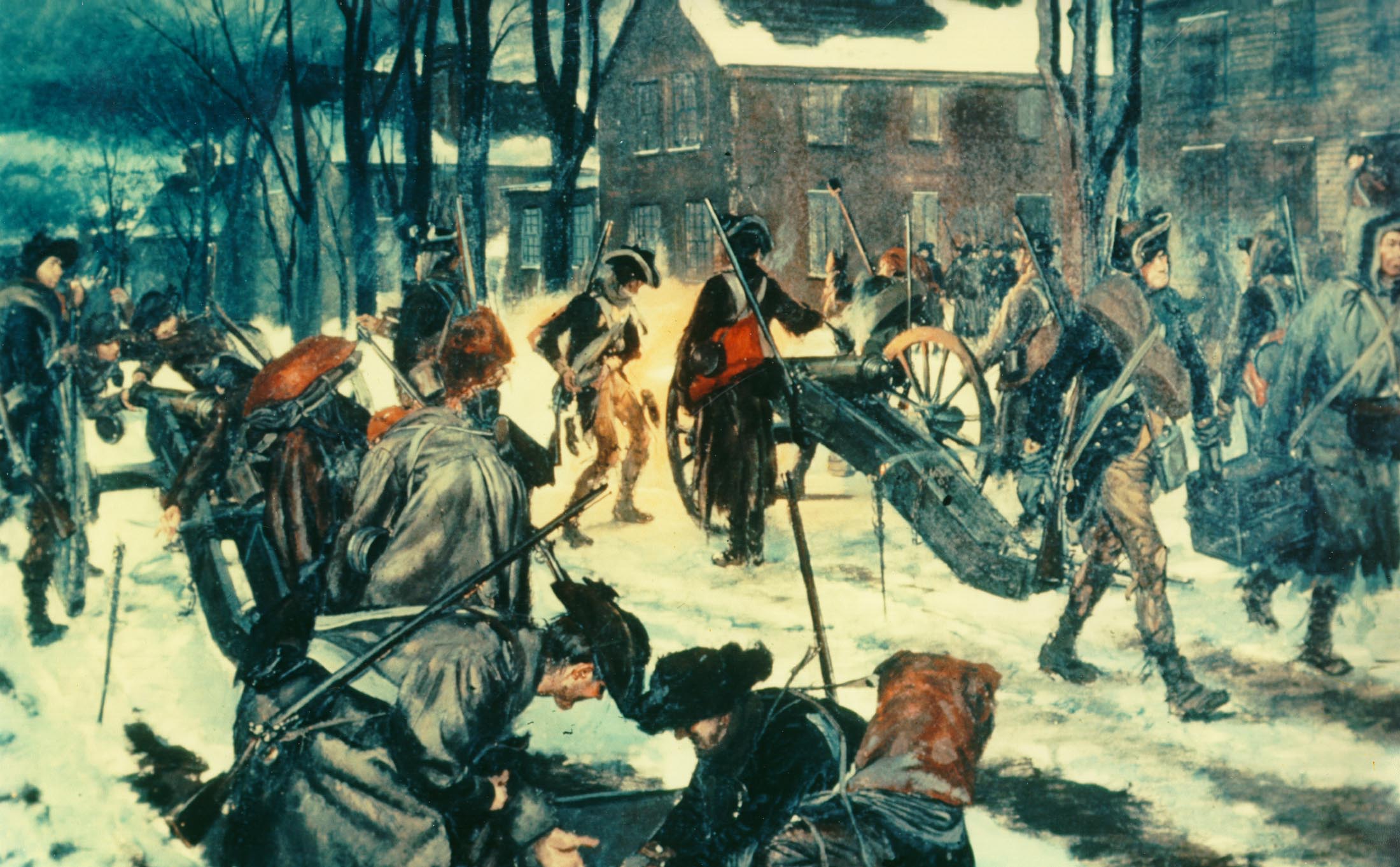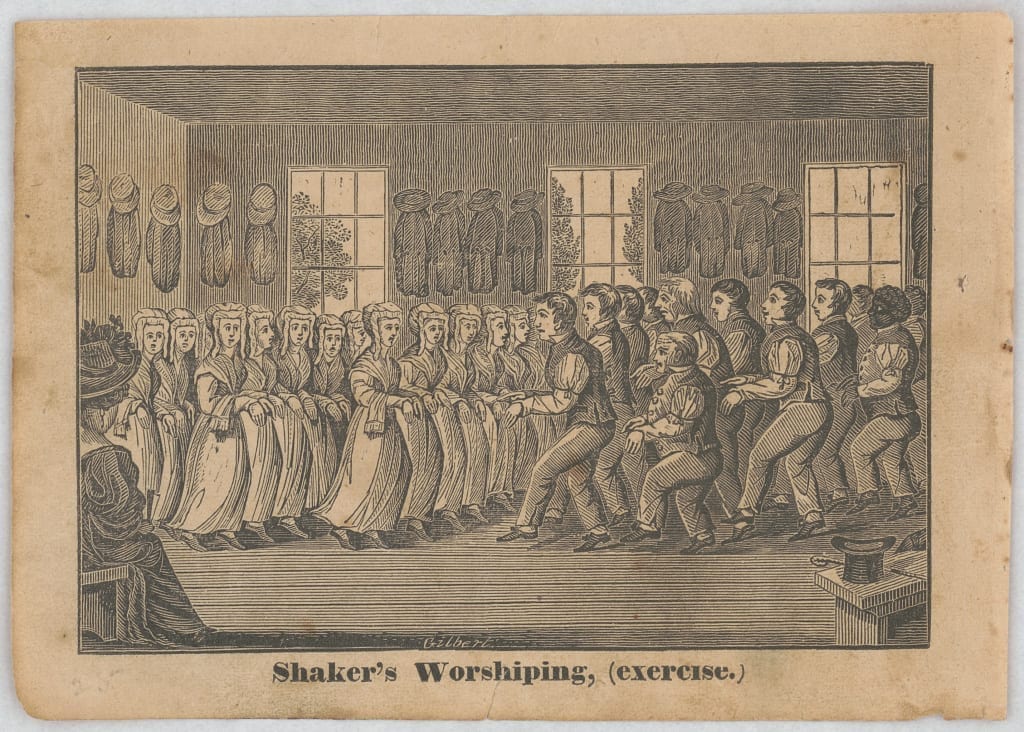
No study questions
No related resources
Chapter 4
Of Slavery
21. The natural liberty of man is to be free from any superior power on earth, and not to be under the will or legislative authority of man, but to have only the law of Nature for his rule. The liberty of man in society is to be under no other legislative power but that established by consent in the commonwealth, nor under the dominion of any will, or restraint of any law, but what that legislative shall enact according to the trust put in it. Freedom, then, is not what Sir Robert Filmer tells us: “A liberty for every one to do what he lists, to live as he pleases, and not to be tied by any laws”; but freedom of men under government is to have a standing rule to live by, common to every one of that society, and made by the legislative power erected in it. A liberty to follow my own will in all things where that rule prescribes not, not to be subject to the inconstant, uncertain, unknown, arbitrary will of another man, as freedom of nature is to be under no other restraint but the law of Nature.
22. This freedom from absolute, arbitrary power is so necessary to, and closely joined with, a man’s preservation, that he cannot part with it but by what forfeits his preservation and life together. For a man, not having the power of his own life, cannot by compact or his own consent enslave himself to any one, nor put himself under the absolute, arbitrary power of another to take away his life when he pleases. Nobody can give more power than he has himself, and he that cannot take away his own life cannot give another power over it. Indeed, having by his fault forfeited his own life by some act that deserves death, he to whom he has forfeited it may, when he has him in his power, delay to take it, and make use of him to his own service; and he does him no injury by it. For, whenever he finds the hardship of his slavery outweigh the value of his life, it is in his power, by resisting the will of his master, to draw on himself the death he desires.
23. This is the perfect condition of slavery, which is nothing else but the state of war continued between a lawful conqueror and a captive, for if once compact enter between them, and make an agreement for a limited power on the one side, and obedience on the other, the state of war and slavery ceases as long as the compact endures; for, as has been said, no man can by agreement pass over to another that which he hath not in himself- a power over his own life.
I confess, we find among the Jews, as well as other nations, that men did sell themselves; but it is plain this was only to drudgery, not to slavery; for it is evident the person sold was not under an absolute, arbitrary, despotical power, for the master could not have power to kill him at any time, whom at a certain time he was obliged to let go free out of his service; and the master of such a servant was so far from having an arbitrary power over his life that he could not at pleasure so much as maim him, but the loss of an eye or tooth set him free (Exod. 21.).
Chapter 5
Of Property
24. Whether we consider natural reason, which tells us that men, being once born, have a right to their preservation, and consequently to meat and drink and such other things as Nature affords for their subsistence, or “revelation,” which gives us an account of those grants God made of the world to Adam, and to Noah and his sons, it is very clear that God, as King David says (Psalm 115. 16), “has given the earth to the children of men,” given it to mankind in common. But, this being supposed, it seems to some a very great difficulty how any one should ever come to have a property in anything, I will not content myself to answer, that, if it be difficult to make out “property” upon a supposition that God gave the world to Adam and his posterity in common, it is impossible that any man but one universal monarch should have any “property” upon a supposition that God gave the world to Adam and his heirs in succession, exclusive of all the rest of his posterity; but I shall endeavour to show how men might come to have a property in several parts of that which God gave to mankind in common, and that without any express compact of all the commoners.
25. God, who hath given the world to men in common, hath also given them reason to make use of it to the best advantage of life and convenience. The earth and all that is therein is given to men for the support and comfort of their being. And though all the fruits it naturally produces, and beasts it feeds, belong to mankind in common, as they are produced by the spontaneous hand of Nature, and nobody has originally a private dominion exclusive of the rest of mankind in any of them, as they are thus in their natural state, yet being given for the use of men, there must of necessity be a means to appropriate them some way or other before they can be of any use, or at all beneficial, to any particular men. The fruit or venison which nourishes the wild Indian, who knows no enclosure, and is still a tenant in common, must be his, and so his- i.e., a part of him, that another can no longer have any right to it before it can do him any good for the support of his life.
26. Though the earth and all inferior creatures be common to all men, yet every man has a “property” in his own “person.” This nobody has any right to but himself. The “labour” of his body and the “work” of his hands, we may say, are properly his. Whatsoever, then, he removes out of the state that Nature hath provided and left it in, he hath mixed his labour with it, and joined to it something that is his own, and thereby makes it his property. It being by him removed from the common state Nature placed it in, it hath by this labour something annexed to it that excludes the common right of other men. For this “labour” being the unquestionable property of the labourer, no man but he can have a right to what that is once joined to, at least where there is enough, and as good left in common for others.
27. He that is nourished by the acorns he picked up under an oak, or the apples he gathered from the trees in the wood, has certainly appropriated them to himself. Nobody can deny but the nourishment is his. I ask, then, when did they begin to be his? when he digested? or when he ate? or when he boiled? or when he brought them home? or when he picked them up? And it is plain, if the first gathering made them not his, nothing else could. That labour put a distinction between them and common. That added something to them more than Nature, the common mother of all, had done, and so they became his private right. And will any one say he had no right to those acorns or apples he thus appropriated because he had not the consent of all mankind to make them his? Was it a robbery thus to assume to himself what belonged to all in common? If such a consent as that was necessary, man had starved, notwithstanding the plenty God had given him. We see in commons, which remain so by compact, that it is the taking any part of what is common, and removing it out of the state Nature leaves it in, which begins the property, without which the common is of no use. And the taking of this or that part does not depend on the express consent of all the commoners. Thus, the grass my horse has bit, the turfs my servant has cut, and the ore I have digged in any place, where I have a right to them in common with others, become my property without the assignation or consent of anybody. The labour that was mine, removing them out of that common state they were in, hath fixed my property in them.
28. By making an explicit consent of every commoner necessary to any one’s appropriating to himself any part of what is given in common. Children or servants could not cut the meat which their father or master had provided for them in common without assigning to every one his peculiar part. Though the water running in the fountain be every one’s, yet who can doubt but that in the pitcher is his only who drew it out? His labour hath taken it out of the hands of Nature where it was common, and belonged equally to all her children, and hath thereby appropriated it to himself.
29. Thus this law of reason makes the deer that Indian’s who hath killed it; it is allowed to be his goods who hath bestowed his labour upon it, though, before, it was the common right of every one. And amongst those who are counted the civilised part of mankind, who have made and multiplied positive laws to determine property, this original law of Nature for the beginning of property, in what was before common, still takes place, and by virtue thereof, what fish any one catches in the ocean, that great and still remaining common of mankind; or what amber-gris any one takes up here is by the labour that removes it out of that common state Nature left it in, made his property who takes that pains about it. And even amongst us, the hare that any one is hunting is thought his who pursues her during the chase. For being a beast that is still looked upon as common, and no man’s private possession, whoever has employed so much labour about any of that kind as to find and pursue her has thereby removed her from the state of Nature wherein she was common, and hath begun a property.
30. It will, perhaps, be objected to this, that if gathering the acorns or other fruits of the earth, etc., makes a right to them, then any one may engross as much as he will. To which I answer, Not so. The same law of Nature that does by this means give us property, does also bound that property too. “God has given us all things richly.” Is the voice of reason confirmed by inspiration? But how far has He given it us- “to enjoy”? As much as any one can make use of to any advantage of life before it spoils, so much he may by his labour fix a property in. Whatever is beyond this is more than his share, and belongs to others. Nothing was made by God for man to spoil or destroy. And thus considering the plenty of natural provisions there was a long time in the world, and the few spenders, and to how small a part of that provision the industry of one man could extend itself and engross it to the prejudice of others, especially keeping within the bounds set by reason of what might serve for his use, there could be then little room for quarrels or contentions about property so established.
31. But the chief matter of property being now not the fruits of the earth and the beasts that subsist on it, but the earth itself, as that which takes in and carries with it all the rest, I think it is plain that property in that too is acquired as the former. As much land as a man tills, plants, improves, cultivates, and can use the product of, so much is his property. He by his labour does, as it were, enclose it from the common. Nor will it invalidate his right to say everybody else has an equal title to it, and therefore he cannot appropriate, he cannot enclose, without the consent of all his fellow-commoners, all mankind. God, when He gave the world in common to all mankind, commanded man also to labour, and the penury of his condition required it of him. God and his reason commanded him to subdue the earth- i.e., improve it for the benefit of life and therein lay out something upon it that was his own, his labour. He that, in obedience to this command of God, subdued, tilled, and sowed any part of it, thereby annexed to it something that was his property, which another had no title to, nor could without injury take from him.
32. Nor was this appropriation of any parcel of land, by improving it, any prejudice to any other man, since there was still enough and as good left, and more than the yet unprovided could use. So that, in effect, there was never the less left for others because of his enclosure for himself. For he that leaves as much as another can make use of does as good as take nothing at all. Nobody could think himself injured by the drinking of another man, though he took a good draught, who had a whole river of the same water left him to quench his thirst. And the case of land and water, where there is enough of both, is perfectly the same.
33. God gave the world to men in common, but since He gave it them for their benefit and the greatest conveniencies of life they were capable to draw from it, it cannot be supposed He meant it should always remain common and uncultivated. He gave it to the use of the industrious and rational (and labour was to be his title to it); not to the fancy or covetousness of the quarrelsome and contentious. He that had as good left for his improvement as was already taken up needed not complain, ought not to meddle with what was already improved by another’s labour; if he did it is plain he desired the benefit of another’s pains, which he had no right to, and not the ground which God had given him, in common with others, to labour on, and whereof there was as good left as that already possessed, and more than he knew what to do with, or his industry could reach to.
34. It is true, in land that is common in England or any other country, where there are plenty of people under government who have money and commerce, no one can enclose or appropriate any part without the consent of all his fellow-commoners; because this is left common by compact- i.e., by the law of the land, which is not to be violated. And, though it be common in respect of some men, it is not so to all mankind, but is the joint propriety of this country, or this parish. Besides, the remainder, after such enclosure, would not be as good to the rest of the commoners as the whole was, when they could all make use of the whole; whereas in the beginning and first peopling of the great common of the world it was quite otherwise. The law man was under was rather for appropriating. God commanded, and his wants forced him to labour. That was his property, which could not be taken from him wherever he had fixed it. And hence subduing or cultivating the earth and having dominion, we see, are joined together. The one gave title to the other. So that God, by commanding to subdue, gave authority so far to appropriate. And the c condition of human life, which requires labour and materials to work on, necessarily introduce private possessions.
35. The measure of property Nature well set, by the extent of men’s labour and the conveniency of life. No man’s labour could subdue or appropriate all, nor could his enjoyment consume more than a small part; so that it was impossible for any man, this way, to entrench upon the right of another or acquire to himself a property to the prejudice of his neighbour, who would still have room for as good and as large a possession (after the other had taken out his) as before it was appropriated. Which measure did confine every man’s possession to a very moderate proportion, and such as he might appropriate to himself without injury to anybody in the first ages of the world, when men were more in danger to be lost, by wandering from their company, in the then vast wilderness of the earth than to be straitened for want of room to plant in.
36. The same measure may be allowed still, without prejudice to anybody, full as the world seems. For, supposing a man or family, in the state they were at first, peopling of the world by the children of Adam or Noah, let him plant in some inland vacant places of America. We shall find that the possessions he could make himself, upon the measures we have given, would not be very large, nor, even to this day, prejudice the rest of mankind or give them reason to complain or think themselves injured by this man’s encroachment, though the race of men have now spread themselves to all the corners of the world, and do infinitely exceed the small number was at the beginning. Nay, the extent of ground is of so little value without labour that I have heard it affirmed that in Spain itself a man may be permitted to plough, sow, and reap, without being disturbed, upon land he has no other title to, but only his making use of it. But, on the contrary, the inhabitants think themselves beholden to him who, by his industry on neglected, and consequently waste land, has increased the stock of corn, which they wanted. But be this as it will, which I lay no stress on, this I dare boldly affirm, that the same rule of propriety- viz., that every man should have as much as he could make use of, would hold still in the world, without straitening anybody, since there is land enough in the world to suffice double the inhabitants, had not the invention of money, and the tacit agreement of men to put a value on it, introduced (by consent) larger possessions and a right to them; which, how it has done, I shall by and by show more at large.
37. This is certain, that in the beginning, before the desire of having more than men needed had altered the intrinsic value of things, which depends only on their usefulness to the life of man, or had agreed that a little piece of yellow metal, which would keep without wasting or decay, should be worth a great piece of flesh or a whole heap of corn, though men had a right to appropriate by their labour, each one to himself, as much of the things of Nature as he could use, yet this could not be much, nor to the prejudice of others, where the same plenty was still left, to those who would use the same industry.
Before the appropriation of land, he who gathered as much of the wild fruit, killed, caught, or tamed as many of the beasts as he could- he that so employed his pains about any of the spontaneous products of Nature as any way to alter them from the state Nature put them in, by placing any of his labour on them, did thereby acquire a propriety in them; but if they perished in his possession without their due use- if the fruits rotted or the venison putrefied before he could spend it, he offended against the common law of Nature, and was liable to be punished: he invaded his neighbour’s share, for he had no right farther than his use called for any of them, and they might serve to afford him conveniencies of life.
38. The same measures governed the possession of land, too. Whatsoever he tilled and reaped, laid up and made use of before it spoiled, that was his peculiar right; whatsoever he enclosed, and could feed and make use of, the cattle and product was also his. But if either the grass of his enclosure rotted on the ground, or the fruit of his planting perished without gathering and laying up, this part of the earth, notwithstanding his enclosure, was still to be looked on as waste, and might be the possession of any other. Thus, at the beginning, Cain might take as much ground as he could till and make it his own land, and yet leave enough to Abel’s sheep to feed on: a few acres would serve for both their possessions. But as families increased and industry enlarged their stocks, their possessions enlarged with the need of them; but yet it was commonly without any fixed property in the ground they made use of till they incorporated, settled themselves together, and built cities, and then, by consent, they came in time to set out the bounds of their distinct territories and agree on limits between them and their neighbours, and by laws within themselves settled the properties of those of the same society. For we see that in that part of the world which was first inhabited, and therefore like to be best peopled, even as low down as Abraham’s time, they wandered with their flocks and their herds, which was their substance, freely up and down- and this Abraham did in a country where he was a stranger; whence it is plain that, at least, a great part of the land lay in common, that the inhabitants valued it not, nor claimed property in any more than they made use of; but when there was not room enough in the same place for their herds to feed together, they, by consent, as Abraham and Lot did (Gen. xiii. 5), separated and enlarged their pasture where it best liked them. And for the same reason, Esau went from his father and his brother, and planted in Mount Seir (Gen. 36. 6).
39. And thus, without supposing any private dominion and property in Adam over all the world, exclusive of all other men, which can no way be proved, nor any one’s property be made out from it, but supposing the world, given as it was to the children of men in common, we see how labour could make men distinct titles to several parcels of it for their private uses, wherein there could be no doubt of right, no room for quarrel.
40. Nor is it so strange as, perhaps, before consideration, it may appear, that the property of labour should be able to overbalance the community of land, for it is labour indeed that puts the difference of value on everything; and let any one consider what the difference is between an acre of land planted with tobacco or sugar, sown with wheat or barley, and an acre of the same land lying in common without any husbandry upon it, and he will find that the improvement of labour makes the far greater part of the value. I think it will be but a very modest computation to say, that of the products of the earth useful to the life of man, nine-tenths are the effects of labour. Nay, if we will rightly estimate things as they come to our use, and cast up the several expenses about them- what in them is purely owing to Nature and what to labour- we shall find that in most of them ninety-nine hundredths are wholly to be put on the account of labour.
41. There cannot be a clearer demonstration of anything than several nations of the Americans are of this, who are rich in land and poor in all the comforts of life; whom Nature, having furnished as liberally as any other people with the materials of plenty- i.e., a fruitful soil, apt to produce in abundance what might serve for food, raiment, and delight; yet, for want of improving it by labour, have not one hundredth part of the conveniencies we enjoy, and a king of a large and fruitful territory there feeds, lodges, and is clad worse than a day labourer in England.
42. To make this a little clearer, let us but trace some of the ordinary provisions of life, through their several progresses, before they come to our use, and see how much they receive of their value from human industry. Bread, wine, and cloth are things of daily use and great plenty; yet notwithstanding acorns, water, and leaves, or skins must be our bread, drink and clothing, did not labour furnish us with these more useful commodities. For whatever bread is more worth than acorns, wine than water, and cloth or silk than leaves, skins or moss, that is wholly owing to labour and industry. The one of these being the food and raiment which unassisted Nature furnishes us with; the other provisions which our industry and pains prepare for us, which how much they exceed the other in value, when any one hath computed, he will then see how much labour makes the far greatest part of the value of things we enjoy in this world; and the ground which produces the materials is scarce to be reckoned in as any, or at most, but a very small part of it; so little, that even amongst us, land that is left wholly to nature, that hath no improvement of pasturage, tillage, or planting, is called, as indeed it is, waste; and we shall find the benefit of it amount to little more than nothing.
43. An acre of land that bears here twenty bushels of wheat, and another in America, which, with the same husbandry, would do the like, are, without doubt, of the same natural, intrinsic value. But yet the benefit mankind receives from one in a year is worth five pounds, and the other possibly not worth a penny; if all the profit an Indian received from it were to be valued and sold here, at least I may truly say, not one thousandth. It is labour, then, which puts the greatest part of value upon land, without which it would scarcely be worth anything; it is to that we owe the greatest part of all its useful products; for all that the straw, bran, bread, of that acre of wheat, is more worth than the product of an acre of as good land which lies waste is all the effect of labour. For it is not barely the ploughman’s pains, the reaper’s and thresher’s toil, and the baker’s sweat, is to be counted into the bread we eat; the labour of those who broke the oxen, who digged and wrought the iron and stones, who felled and framed the timber employed about the plough, mill, oven, or any other utensils, which are a vast number, requisite to this corn, from its sowing to its being made bread, must all be charged on the account of labour, and received as an effect of that; Nature and the earth furnished only the almost worthless materials as in themselves. It would be a strange catalogue of things that industry provided and made use of about every loaf of bread before it came to our use if we could trace them; iron, wood, leather, bark, timber, stone, bricks, coals, lime, cloth, dyeing-drugs, pitch, tar, masts, ropes, and all the materials made use of in the ship that brought any of the commodities made use of by any of the workmen, to any part of the work, all which it would be almost impossible, at least too long, to reckon up.
44. From all which it is evident, that though the things of Nature are given in common, man (by being master of himself, and proprietor of his own person, and the actions or labour of it) had still in himself the great foundation of property; and that which made up the great part of what he applied to the support or comfort of his being, when invention and arts had improved the conveniences of life, was perfectly his own, and did not belong in common to others.
45. Thus labour, in the beginning, gave a right of property, wherever any one was pleased to employ it, upon what was common, which remained a long while, the far greater part, and is yet more than mankind makes use of Men at first, for the most part, contented themselves with what unassisted Nature offered to their necessities; and though afterwards, in some parts of the world, where the increase of people and stock, with the use of money, had made land scarce, and so of some value, the several communities settled the bounds of their distinct territories, and, by laws, within themselves, regulated the properties of the private men of their society, and so, by compact and agreement, settled the property which labour and industry began. And the leagues that have been made between several states and kingdoms, either expressly or tacitly disowning all claim and right to the land in the other’s possession, have, by common consent, given up their pretences to their natural common right, which originally they had to those countries; and so have, by positive agreement, settled a property amongst themselves, in distinct parts of the world; yet there are still great tracts of ground to be found, which the inhabitants thereof, not having joined with the rest of mankind in the consent of the use of their common money, lie waste, and are more than the people who dwell on it, do, or can make use of, and so still lie in common; though this can scarce happen amongst that part of mankind that have consented to the use of money.
46. The greatest part of things really useful to the life of man, and such as the necessity of subsisting made the first commoners of the world look after- as it doth the Americans now- are generally things of short duration, such as- if they are not consumed by use- will decay and perish of themselves. Gold, silver, and diamonds are things that fancy or agreement hath put the value on, more than real use and the necessary support of life. Now of those good things which Nature hath provided in common, every one hath a right (as hath been said) to as much as he could use; and had a property in all he could effect with his labour; all that his industry could extend to, to alter from the state Nature had put it in, was his. He that gathered a hundred bushels of acorns or apples had thereby a property in them; they were his goods as soon as gathered. He was only to look that he used them before they spoiled, else he took more than his share, and robbed others. And, indeed, it was a foolish thing, as well as dishonest, to hoard up more than he could make use of If he gave away a part to anybody else, so that it perished not uselessly in his possession, these he also made use of And if he also bartered away plums that would have rotted in a week, for nuts that would last good for his eating a whole year, he did no injury; he wasted not the common stock; destroyed no part of the portion of goods that belonged to others, so long as nothing perished uselessly in his hands. Again, if he would give his nuts for a piece of metal, pleased with its colour, or exchange his sheep for hells, or wool for a sparkling pebble or a diamond, and keep those by him all his life, he invaded not the right of others; he might heap up as much of these durable things as he pleased; the exceeding of the bounds of his just property not lying in the largeness of his possession, but the perishing of anything uselessly in it.
47. And thus came in the use of money; some lasting thing that men might keep without spoiling, and that, by mutual consent, men would take in exchange for the truly useful but perishable supports of life.
48. And as different degrees of industry were apt to give men possessions in different proportions, so this invention of money gave them the opportunity to continue and enlarge them. For supposing an island, separate from all possible commerce with the rest of the world, wherein there were but a hundred families, but there were sheep, horses, and cows, with other useful animals, wholesome fruits, and land enough for corn for a hundred thousand times as many, but nothing in the island, either because of its commonness or perishableness, fit to supply the place of money. What reason could any one have there to enlarge his possessions beyond the use of his family, and a plentiful supply to its consumption, either in what their own industry produced, or they could barter for like perishable, useful commodities with others? Where there is not something both lasting and scarce, and so valuable to be hoarded up, there men will not be apt to enlarge their possessions of land, were it never so rich, never so free for them to take. For I ask, what would a man value ten thousand or an hundred thousand acres of excellent land, ready cultivated and well stocked, too, with cattle, in the middle of the inland parts of America, where he had no hopes of commerce with other parts of the world, to draw money to him by the sale of the product? It would not be worth the enclosing, and we should see him give up again to the wild common of Nature whatever was more than would supply the conveniences of life, to be had there for him and his family.
49. Thus, in the beginning, all the world was America, and more so than that is now; for no such thing as money was anywhere known. Find out something that hath the use and value of money amongst his neighbours, you shall see the same man will begin presently to enlarge his possessions.
50. But, since gold and silver, being little useful to the life of man, in proportion to food, raiment, and carriage, has its value only from the consent of men- whereof labour yet makes in great part the measure- it is plain that the consent of men have agreed to a disproportionate and unequal possession of the earth- I mean out of the bounds of society and compact; for in governments the laws regulate it; they having, by consent, found out and agreed in a way how a man may, rightfully and without injury, possess more than he himself can make use of by receiving gold and silver, which may continue long in a man’s possession without decaying for the overplus, and agreeing those metals should have a value.
51. And thus, I think, it is very easy to conceive, without any difficulty, how labour could at first begin a title of property in the common things of Nature, and how the spending it upon our uses bounded it; so that there could then be no reason of quarrelling about title, nor any doubt about the largeness of possession it gave. Right and conveniency went together. For as a man had a right to all he could employ his labour upon, so he had no temptation to labour for more than he could make use of. This left no room for controversy about the title, nor for encroachment on the right of others. What portion a man carved to himself was easily seen; and it was useless, as well as dishonest, to carve himself too much, or take more than he needed.
Chapter 6
Of Paternal Power
52. IT may perhaps be censured an impertinent criticism in a discourse of this nature to find fault with words and names that have obtained in the world. And yet possibly it may not be amiss to offer new ones when the old are apt to lead men into mistakes, as this of paternal power probably has done, which seems so to place the power of parents over their children wholly in the father, as if the mother had no share in it; whereas if we consult reason or revelation, we shall find she has an equal title, which may give one reason to ask whether this might not be more properly called parental power? For whatever obligation Nature and the right of generation lays on children, it must certainly bind them equal to both the concurrent causes of it. And accordingly we see the positive law of God everywhere joins them together without distinction, when it commands the obedience of children: “Honour thy father and thy mother” (Exod. 20. 12); “Whosoever curseth his father or his mother” (Lev. 20. 9); “Ye shall fear every man his mother and his father” (Lev. 19. 3); “Children, obey your parents” (Eph. 6. 1), etc., is the style of the Old and New Testament.
53. Had but this one thing been well considered without looking any deeper into the matter, it might perhaps have kept men from running into those gross mistakes they have made about this power of parents, which however it might without any great harshness bear the name of absolute dominion and regal authority, when under the title of “paternal” power, it seemed appropriated to the father; would yet have sounded but oddly, and in the very name shown the absurdity, if this supposed absolute power over children had been called parental, and thereby discovered that it belonged to the mother too. For it will but very ill serve the turn of those men who contend so much for the absolute power and authority of the fatherhood, as they call it, that the mother should have any share in it. And it would have but ill supported the monarchy they contend for, when by the very name it appeared that that fundamental authority from whence they would derive their government of a single person only was not placed in one, but two persons jointly. But to let this of names pass.
54. Though I have said above (2) “That all men by nature are equal,” I cannot be supposed to understand all sorts of “equality.” Age or virtue may give men a just precedency. Excellency of parts and merit may place others above the common level. Birth may subject some, and alliance or benefits others, to pay an observance to those to whom Nature, gratitude, or other respects, may have made it due; and yet all this consists with the equality which all men are in respect of jurisdiction or dominion one over another, which was the equality I there spoke of as proper to the business in hand, being that equal right that every man hath to his natural freedom, without being subjected to the will or authority of any other man.
55. Children, I confess, are not born in this full state of equality, though they are born to it. Their parents have a sort of rule and jurisdiction over them when they come into the world, and for some time after, but it is but a temporary one. The bonds of this subjection are like the swaddling clothes they are wrapt up in and supported by in the weakness of their infancy. Age and reason as they grow up loosen them, till at length they drop quite off, and leave a man at his own free disposal.
56. Adam was created a perfect man, his body and mind in full possession of their strength and reason, and so was capable from the first instance of his being to provide for his own support and preservation, and govern his actions according to the dictates of the law of reason God had implanted in him. From him the world is peopled with his descendants, who are all born infants, weak and helpless, without knowledge or understanding. But to supply the defects of this imperfect state till the improvement of growth and age had removed them, Adam and Eve, and after them all parents were, by the law of Nature, under an obligation to preserve, nourish and educate the children they had begotten, not as their own workmanship, but the workmanship of their own Maker, the Almighty, to whom they were to be accountable for them.
57. The law that was to govern Adam was the same that was to govern all his posterity, the law of reason. But his offspring having another way of entrance into the world, different from him, by a natural birth, that produced them ignorant, and without the use of reason, they were not presently under that law. For nobody can be under a law that is not promulgated to him; and this law being promulgated or made known by reason only, he that is not come to the use of his reason cannot be said to be under this law; and Adam’s children being not presently as soon as born under this law of reason, were not presently free. For law, in its true notion, is not so much the limitation as the direction of a free and intelligent agent to his proper interest, and prescribes no farther than is for the general good of those under that law. Could they be happier without it, the law, as a useless thing, would of itself vanish; and that ill deserves the name of confinement which hedges us in only from bogs and precipices. So that however it may be mistaken, the end of law is not to abolish or restrain, but to preserve and enlarge freedom. For in all the states of created beings, capable of laws, where there is no law there is no freedom. For liberty is to be free from restraint and violence from others, which cannot be where there is no law; and is not, as we are told, “a liberty for every man to do what he lists.” For who could be free, when every other man’s humour might domineer over him? But a liberty to dispose and order freely as he lists his person, actions, possessions, and his whole property within the allowance of those laws under which he is, and therein not to be subject to the arbitrary will of another, but freely follow his own.
58. The power, then, that parents have over their children arises from that duty which is incumbent on them, to take care of their offspring during the imperfect state of childhood. To inform the mind, and govern the actions of their yet ignorant nonage, till reason shall take its place and ease them of that trouble, is what the children want, and the parents are bound to. For God having given man an understanding to direct his actions, has allowed him a freedom of will and liberty of acting, as properly belonging thereunto within the bounds of that law he is under. But whilst he is in an estate wherein he has no understanding of his own to direct his will, he is not to have any will of his own to follow. He that understands for him must will for him too; he must prescribe to his will, and regulate his actions, but when he comes to the estate that made his father a free man, the son is a free man too.
59. This holds in all the laws a man is under, whether natural or civil. Is a man under the law of Nature? What made him free of that law? what gave him a free disposing of his property, according to his own will, within the compass of that law? I answer, an estate wherein he might be supposed capable to know that law, that so he might keep his actions within the bounds of it. When he has acquired that state, he is presumed to know how far that law is to be his guide, and how far he may make use of his freedom, and so comes to have it; till then, somebody else must guide him, who is presumed to know how far the law allows a liberty. If such a state of reason, such an age of discretion made him free, the same shall make his son free too. Is a man under the law of England? what made him free of that law- that is, to have the liberty to dispose of his actions and possessions, according to his own will, within the permission of that law? a capacity of knowing that law. Which is supposed, by that law, at the age of twenty-one, and in some cases sooner. If this made the father free, it shall make the son free too. Till then, we see the law allows the son to have no will, but he is to be guided by the will of his father or guardian, who is to understand for him. And if the father die and fail to substitute a deputy in this trust, if he hath not provided a tutor to govern his son during his minority, during his want of understanding, the law takes care to do it: some other must govern him and be a will to him till he hath attained to a state of freedom, and his understanding be fit to take the government of his will. But after that the father and son are equally free, as much as tutor and pupil, after nonage, equally subjects of the same law together, without any dominion left in the father over the life, liberty, or estate of his son, whether they be only in the state and under the law of Nature, or under the positive laws of an established government.
60. But if through defects that may happen out of the ordinary course of Nature, any one comes not to such a degree of reason wherein he might be supposed capable of knowing the law, and so living within the rules of it, he is never capable of being a free man, he is never let loose to the disposure of his own will; because he knows no bounds to it, has not understanding, its proper guide, but is continued under the tuition and government of others all the time his own understanding is incapable of that charge. And so lunatics and idiots are never set free from the government of their parents: “Children who are not as yet come unto those years whereat they may have, and innocents, which are excluded by a natural defect from ever having.” Thirdly: “Madmen, which, for the present, cannot possibly have the use of right reason to guide themselves, have, for their guide, the reason that guideth other men which are tutors over them, to seek and procure their good for them,” says Hooker (Eccl. Pol., lib. i., s. 7). All which seems no more than that duty which God and Nature has laid on man, as well as other creatures, to preserve their offspring till they can be able to shift for themselves, and will scarce amount to an instance or proof of parents’ regal authority.
61. Thus we are born free as we are born rational; not that we have actually the exercise of either: age that brings one, brings with it the other too. And thus we see how natural freedom and subjection to parents may consist together, and are both founded on the same principle. A child is free by his father’s title, by his father’s understanding, which is to govern him till he hath it of his own. The freedom of a man at years of discretion, and the subjection of a child to his parents, whilst yet short of it, are so consistent and so distinguishable that the most blinded contenders for monarchy, “by right of fatherhood,” cannot miss of it; the most obstinate cannot but allow of it. For were their doctrine all true, were the right heir of Adam now known, and, by that title, settled a monarch in his throne, invested with all the absolute unlimited power Sir Robert Filmer talks of, if he should die as soon as his heir were born, must not the child, notwithstanding he were never so free, never so much sovereign, be in subjection to his mother and nurse, to tutors and governors, till age and education brought him reason and ability to govern himself and others? The necessities of his life, the health of his body, and the information of his mind would require him to be directed by the will of others and not his own; and yet will any one think that this restraint and subjection were inconsistent with, or spoiled him of, that liberty or sovereignty he had a right to, or gave away his empire to those who had the government of his nonage? This government over him only prepared him the better and sooner for it. If anybody should ask me when my son is of age to be free, I shall answer, just when his monarch is of age to govern. “But at what time,” says the judicious Hooker (Eccl. Pol., lib. i., s. 6), “a man may be said to have attained so far forth the use of reason as sufficeth to make him capable of those laws whereby he is then bound to guide his actions; this is a great deal more easy for sense to discern than for any one, by skill and learning, to determine.”
62. Commonwealths themselves take notice of, and allow that there is a time when men are to begin to act like free men, and therefore, till that time, require not oaths of fealty or allegiance, or other public owning of, or submission to, the government of their countries.
63. The freedom then of man, and liberty of acting according to his own will, is grounded on his having reason, which is able to instruct him in that law he is to govern himself by, and make him know how far he is left to the freedom of his own will. To turn him loose to an unrestrained liberty, before he has reason to guide him, is not the allowing him the privilege of his nature to be free, but to thrust him out amongst brutes, and abandon him to a state as wretched and as much beneath that of a man as theirs. This is that which puts the authority into the parents’ hands to govern the minority of their children. God hath made it their business to employ this care on their offspring, and hath placed in them suitable inclinations of tenderness and concern to temper this power, to apply it as His wisdom designed it, to the children’s good as long as they should need to be under it.
64. But what reason can hence advance this care of the parents due to their offspring into an absolute, arbitrary dominion of the father, whose power reaches no farther than by such a discipline as he finds most effectual to give such strength and health to their bodies, such vigour and rectitude to their minds, as may best fit his children to be most useful to themselves and others, and, if it be necessary to his condition, to make them work when they are able for their own subsistence; but in this power the mother, too, has her share with the father.
65. Nay, this power so little belongs to the father by any peculiar right of Nature, but only as he is guardian of his children, that when he quits his care of them he loses his power over them, which goes along with their nourishment and education, to which it is inseparably annexed, and belongs as much to the foster-father of an exposed child as to the natural father of another. So little power does the bare act of begetting give a man over his issue, if all his care ends there, and this be all the title he hath to the name and authority of a father. And what will become of this paternal power in that part of the world where one woman hath more than one husband at a time? or in those parts of America where, when the husband and wife part, which happens frequently, the children are all left to the mother, follow her, and are wholly under her care and provision? And if the father die whilst the children are young, do they not naturally everywhere owe the same obedience to their mother, during their minority, as to their father, were he alive? And will any one say that the mother hath a legislative power over her children that she can make standing rules which shall be of perpetual obligation, by which they ought to regulate all the concerns of their property, and bound their liberty all the course of their lives, and enforce the observation of them with capital punishments? For this is the proper power of the magistrate, of which the father hath not so much as the shadow. His command over his children is but temporary, and reaches not their life or property. It is but a help to the weakness and imperfection of their nonage, a discipline necessary to their education. And though a father may dispose of his own possessions as he pleases when his children are out of danger of perishing for want, yet his power extends not to the lives or goods which either their own industry, or another’s bounty, has made theirs, nor to their liberty neither when they are once arrived to the enfranchisement of the years of discretion. The father’s empire then ceases, and he can from thenceforward no more dispose of the liberty of his son than that of any other man. And it must be far from an absolute or perpetual jurisdiction from which a man may withdraw himself, having licence from Divine authority to “leave father and mother and cleave to his wife.”
66. But though there be a time when a child comes to be as free from subjection to the will and command of his father as he himself is free from subjection to the will of anybody else, and they are both under no other restraint but that which is common to them both, whether it be the law of Nature or municipal law of their country, yet this freedom exempts not a son from that honour which he ought, by the law of God and Nature, to pay his parents, God having made the parents instruments in His great design of continuing the race of mankind and the occasions of life to their children. As He hath laid on them an obligation to nourish, preserve, and bring up their offspring, so He has laid on the children a perpetual obligation of honouring their parents, which, containing in it an inward esteem and reverence to be shown by all outward expressions, ties up the child from anything that may ever injure or affront, disturb or endanger the happiness or life of those from whom he received his, and engages him in all actions of defence, relief, assistance, and comfort of those by whose means he entered into being and has been made capable of any enjoyments of life. From this obligation no state, no freedom, can absolve children. But this is very far from giving parents a power of command over their children, or an authority to make laws and dispose as they please of their lives or liberties. It is one thing to owe honour, respect, gratitude, and assistance; another to require an absolute obedience and submission. The honour due to parents a monarch on his throne owes his mother, and yet this lessens not his authority nor subjects him to her government.
67. The subjection of a minor places in the father a temporary government which terminates with the minority of the child; and the honour due from a child places in the parents a perpetual right to respect, reverence, support, and compliance, to more or less, as the father’s care, cost, and kindness in his education has been more or less, and this ends not with minority, but holds in all parts and conditions of a man’s life. The want of distinguishing these two powers which the father hath, in the right of tuition, during minority, and the right of honour all his life, may perhaps have caused a great part of the mistakes about this matter. For, to speak properly of them, the first of these is rather the privilege of children and duty of parents than any prerogative of paternal power. The nourishment and education of their children is a charge so incumbent on parents for their children’s good, that nothing can absolve them from taking care of it. And though the power of commanding and chastising them go along with it, yet God hath woven into the principles of human nature such a tenderness for their offspring, that there is little fear that parents should use their power with too much rigour; the excess is seldom on the severe side, the strong bias of nature drawing the other way. And therefore God Almighty, when He would express His gentle dealing with the Israelites, He tells them that though He chastened them, “He chastened them as a man chastens his son” (Deut. 8. 5)- i.e., with tenderness and affection, and kept them under no severer discipline than what was absolutely best for them, and had been less kindness, to have slackened. This is that power to which children are commanded obedience, that the pains and care of their parents may not be increased or ill-rewarded.
68. On the other side, honour and support all that which gratitude requires to return; for the benefits received by and from them is the indispensable duty of the child and the proper privilege of the parents. This is intended for the parents’ advantage, as the other is for the child’s; though education, the parents’ duty, seems to have most power, because the ignorance and infirmities of childhood stand in need of restraint and correction, which is a visible exercise of rule and a kind of dominion. And that duty which is comprehended in the word “honour” requires less obedience, though the obligation be stronger on grown than younger children. For who can think the command, “Children, obey your parents,” requires in a man that has children of his own the same submission to his father as it does in his yet young children to him, and that by this precept he were bound to obey all his father’s commands, if, out of a conceit of authority, he should have the indiscretion to treat him still as a boy?
69. The first part, then, of paternal power, or rather duty, which is education, belongs so to the father that it terminates at a certain season. When the business of education is over it ceases of itself, and is also alienable before. For a man may put the tuition of his son in other hands; and he that has made his son an apprentice to another has discharged him, during that time, of a great part of his obedience, both to himself and to his mother. But all the duty of honour, the other part, remains nevertheless entire to them; nothing can cancel that. It is so inseparable from them both, that the father’s authority cannot dispossess the mother of this right, nor can any man discharge his son from honouring her that bore him. But both these are very far from a power to make laws, and enforcing them with penalties that may reach estate, liberty, limbs, and life. The power of commanding ends with nonage, and though after that honour and respect, support and defence, and whatsoever gratitude can oblige a man to, for the highest benefits he is naturally capable of be always due from a son to his parents, yet all this puts no sceptre into the father’s hand, no sovereign power of commanding. He has no dominion over his son’s property or actions, nor any right that his will should prescribe to his son’s in all things; however, it may become his son in many things, not very inconvenient to him and his family, to pay a deference to it.
70. A man may owe honour and respect to an ancient or wise man, defence to his child or friend, relief and support to the distressed, and gratitude to a benefactor, to such a degree that all he has, all he can do, cannot sufficiently pay it. But all these give no authority, no right of making laws to any one over him from whom they are owing. And it is plain all this is due, not to the bare title of father, not only because as has been said, it is owing to the mother too, but because these obligations to parents, and the degrees of what is required of children, may be varied by the different care and kindness trouble and expense, is often employed upon one child more than another.
71. This shows the reason how it comes to pass that parents in societies, where they themselves are subjects, retain a power over their children and have as much right to their subjection as those who are in the state of Nature, which could not possibly be if all political power were only paternal, and that, in truth, they were one and the same thing; for then, all paternal power being in the prince, the subject could naturally have none of it. But these two powers, political and paternal, are so perfectly distinct and separate, and built upon so different foundations, and given to so different ends, that every subject that is a father has as much a paternal power over his children as the prince has over his. And every prince that has parents owes them as much filial duty and obedience as the meanest of his subjects do to theirs, and can therefore contain not any part or degree of that kind of dominion which a prince or magistrate has over his subject.
72. Though the obligation on the parents to bring up their children, and the obligation on children to honour their parents, contain all the power, on the one hand, and submission on the other, which are proper to this relation, yet there is another power ordinarily in the father, whereby he has a tie on the obedience of his children, which, though it be common to him with other men, yet the occasions of showing it, almost constantly happening to fathers in their private families and in instances of it elsewhere being rare, and less taken notice of, it passes in the world for a part of “paternal jurisdiction.” And this is the power men generally have to bestow their estates on those who please them best. The possession of the father being the expectation and inheritance of the children ordinarily, in certain proportions, according to the law and custom of each country, yet it is commonly in the father’s power to bestow it with a more sparing or liberal hand, according as the behaviour of this or that child hath comported with his will and humour.
73. This is no small tie to the obedience of children; and there being always annexed to the enjoyment of land a submission to the government of the country of which that land is a part, it has been commonly supposed that a father could oblige his posterity to that government of which he himself was a subject, that his compact held them; whereas, it being only a necessary condition annexed to the land which is under that government, reaches only those who will take it on that condition, and so is no natural tie or engagement, but a voluntary submission; for every man’s children being, by Nature, as free as himself or any of his ancestors ever were, may, whilst they are in that freedom, choose what society they will join themselves to, what commonwealth they will put themselves under. But if they will enjoy the inheritance of their ancestors, they must take it on the same terms their ancestors had it, and submit to all the conditions annexed to such a possession. By this power, indeed, fathers oblige their children to obedience to themselves even when they are past minority, and most commonly, too, subject them to this or that political power. But neither of these by any peculiar right of fatherhood, but by the reward they have in their hands to enforce and recompense such a compliance, and is no more power than what a Frenchman has over an Englishman, who, by the hopes of an estate he will leave him, will certainly have a strong tie on his obedience; and if when it is left him, he will enjoy it, he must certainly take it upon the conditions annexed to the possession of land in that country where it lies, whether it be France or England.
74. To conclude, then, though the father’s power of commanding extends no farther than the minority of his children, and to a degree only fit for the discipline and government of that age; and though that honour and respect, and all that which the Latins called piety, which they indispensably owe to their parents all their lifetime, and in all estates, with all that support and defence, is due to them, gives the father no power of governing- i.e., making laws and exacting penalties on his children; though by this he has no dominion over the property or actions of his son, yet it is obvious to conceive how easy it was, in the first ages of the world, and in places still where the thinness of people gives families leave to separate into unpossessed quarters, and they have room to remove and plant themselves in yet vacant habitations, for the father of the family to become the prince of it; * he had been a ruler from the beginning of the infancy of his children; and when they were grown up, since without some government it would be hard for them to live together, it was likeliest it should, by the express or tacit consent of the children, be in the father, where it seemed, without any change, barely to continue. And when, indeed, nothing more was required to it than the permitting the father to exercise alone in his family that executive power of the law of Nature which every free man naturally hath, and by that permission resigning up to him a monarchical power whilst they remained in it. But that this was not by any paternal right, but only by the consent of his children, is evident from hence, that nobody doubts but if a stranger, whom chance or business had brought to his family, had there killed any of his children, or committed any other act, he might condemn and put him to death, or otherwise have punished him as well as any of his children. which was impossible he should do by virtue of any paternal authority over one who was not his child, but by virtue of that executive power of the law of Nature which, as a man, he had a right to; and he alone could punish him in his family where the respect of his children had laid by the exercise of such a power, to give way to the dignity and authority they were willing should remain in him above the rest of his family.
75. Thus it was easy and almost natural for children, by a tacit and almost natural consent, to make way for the father’s authority and government. They had been
accustomed in their childhood to follow his direction, and to refer their little differences to him; and when they were men, who was fitter to rule them? Their little properties and less covetousness seldom afforded greater controversies; and when any should arise, where could they have a fitter umpire than he, by whose care they had every one been sustained and brought up. and who had a tenderness for them all? It is no wonder that they made no distinction betwixt minority and full age, nor looked after one-and-twenty, or any other age, that might make them the free disposers of themselves and fortunes, when they could have no desire to be out of their pupilage. The government they had been under during it continued still to be more their protection than restraint; and they could nowhere find a greater security to their peace, liberties, and fortunes than in the rule of a father.
76. Thus the natural fathers of families, by an insensible change, became the politic monarchs of them too; and as they chanced to live long, and leave able and worthy heirs for several successions or otherwise, so they laid the foundations of hereditary or elective kingdoms under several constitutions and manors, according as chance, contrivance, or occasions happened to mould them. But if princes have their titles in the father’s right, and it be a sufficient proof of the natural right of fathers to political authority, because they commonly were those in whose hands we find, de facto, the exercise of government, I say, if this argument be good, it will as strongly prove that all princes, nay, princes only, ought to be priests, since it is as certain that in the beginning “the father of the family was priest, as that he was ruler in his own household.”
_________________________________________________________
- 3. “It is no improbable opinion,therefore, which the arch- philosopher was of, That the chief person in every household was always, as it were, aking; so when numbers of households joined themselves in civil societies together, kings were the first kind of governors among them, which is also, as it seemeth, the reason why the name of fathers continued still in them, who of fathers were made rulers; as also the ancient custom of governors to do as Melchizedec; and being kings, to exercise the office of priests, which fathers did, at the first, grew, perhaps, by the same occasion. Howbeit, this is not the only kind of regimen that has been received in the world. The inconveniencies of one kind have caused sundry others to be devised, so that, in a word, all public regimen, of what kind soever, seemeth evidently to have risen from the deliberate advice, consultation and composition between men, judging it convenient and behoveful, there being no impossibility in Nature, considered by itself, but that man might have lived without any public regimen.” [Hooker, Eccl. Pol., i. 10.] Return to text

Conversation-based seminars for collegial PD, one-day and multi-day seminars, graduate credit seminars (MA degree), online and in-person.
